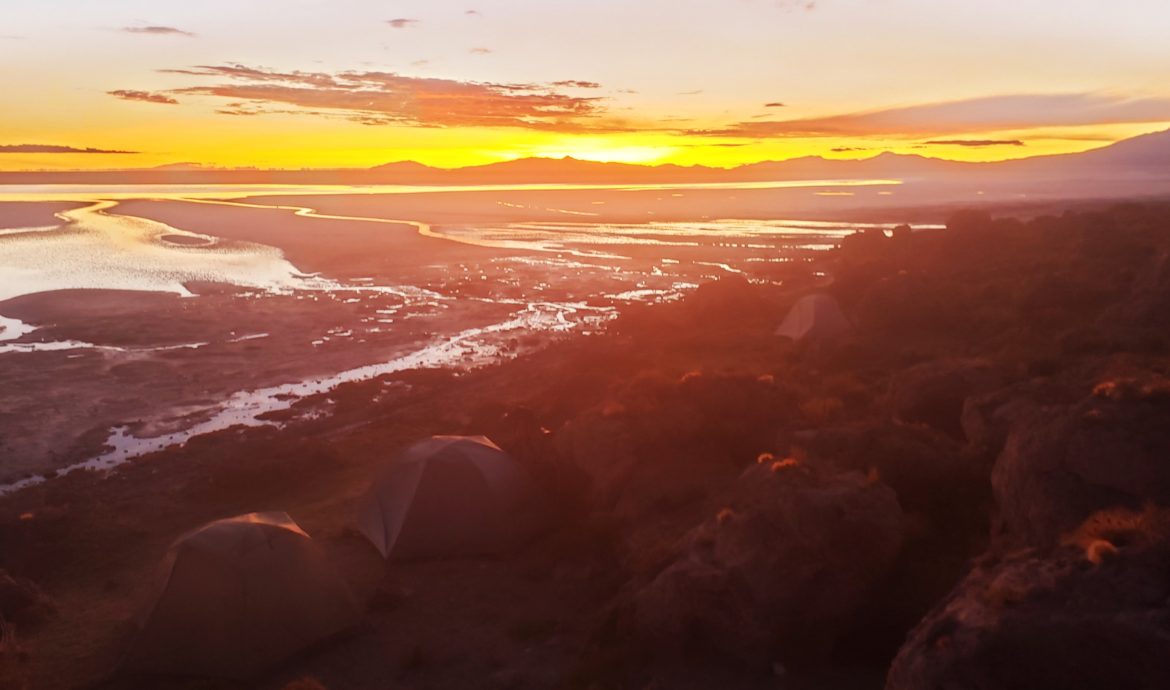
Trabajo en equipo
BoliviaMy two compañeras and I found wifi in the little border town of Colchane, Chile, and learned that while riots and roadblocks still raged through most of Bolivia, the southwestern portion of the country remained calm. Remote desert covers most of this area, including the two vast salt flats of Coipasa and Uyuni, where there are no people to protest nor roads to block. But we were surprised to hear that the small city of Uyuni, which serves as a touristic portal for the salt flats, also had no issues. Later on, we would learn that Uyuni residents had staged a two-month protest earlier in the year over local politics, blocking roads into the city in a similar fashion to what was now happening in the rest of Bolivia. Uyuni’s earlier protests had been so damaging to the local economy, which relies on tourism, that nobody had any muster left for another round. Flights still landed in Uyuni from international connections and jeep tours still brought tourists from nearby Chile. And so, the bicyclists would still pedal.
But for this second foray into Bolivia, I made sure to be prepared with three essential items: cash, food and water. Learning from my experience in Copacabana, where the ATMs were empty, I had withdrawn a wallet-seam-stretching amount of pesos chilenos in Arica. I knew I wouldn’t see another ATM until we reached Uyuni, and I didn’t know whether the ATMs in Uyuni would function. At the Chilean-Bolivian border, I exchanged about half of my pesos into bolivianos — stretching my wallet seams even further, since the largest boliviano notes are worth a lot less than the largest peso notes.
Water would be almost as scarce as ATMs in this region. We knew we wouldn’t find any natural water sources along the route. After all, the salt flats were once lakes that had dried up and mineralized hundreds of thousands of years ago. Any water that we found would likely taste like salt. In the four days we expected to ride to Uyuni, we would cross three waypoints in settlements that reportedly had potable water, or as the Bolivians called it, “agua dulce.” So I dug my camelbak pouch out of the depth of my bike bags, which I’d been carrying unused for the whole trip in anticipation of a region like this, and I strapped a 2-liter bottle to my handlebars. I could now carry seven liters of water — enough to comfortably last me about 24 hours, including water for cooking and cleaning in the evening.
Uyuni (bottom right corner). About 200 miles total, for scale.
Over the four days in Chile, we’d established a pretty healthy equilibrium of pace. Holly and Rosanna consistently left camp earlier than I did, but I usually caught up. We may ride together for a bit, but when hills came along, we would each plow ahead at our own pace. I rode a bit faster and would occasionally wait for the other two to catch up. Not a big deal for the reward of great company!
As we crawled across Bolivia’s barren landscape, I realized I was waiting longer and longer. Holly would show up shortly behind me, but Rosanna lagged more and more. While waiting for her at one point around midday, Holly and I discussed where we might camp that night. We wanted to fill up water in the town of Coipasa and continue another hour or so to a location on the edge of the salt flat that appeared to provide good wind shelter and views. When Rosanna caught up and we told her the plan, she became exasperated. She had expected that we’d end the day in Coipasa and revealed that her knee was aching. I wanted to sympathize, but because of the long distance we had to cover the following day, I said we needed to push past Coipasa. Because of the scarcity of water, we needed to make sure we kept on track.
As Holly and I pulled away from Rosanna again, Holly explained to me that we were biking bigger days than Rosanna normally rides. Not only that, but before she ran into us, she had been depleted from biking for a week straight without any rest days through a stressful situation in Bolivia. To compound her exhaustion, she’d been rationing her limited food the past few days, since she skipped her planned resupply in Putre in order to ride with us. So, in all fairness, she had good reason to be exhausted.
“I get it,” I said. “And I don’t want to push her past her limits. But I also want to stick to our itinerary and make sure we get water every day. And I want to get to Uyuni in four days. If Rosanna doesn’t want to move at that pace, I totally understand, but I may just go ahead.”
Holly thought about that for a moment. “Ok…I’d probably stay with Rosanna.”
“That’s fine, I expect that. I really enjoy riding with you two — but at the end of the day, we’re each on our own trip, right?”
I arrived in Coipasa around 2pm. The other two were a bit behind, so I meandered through the dusty town with wide, empty streets until I found a sign for a tienda, where an old blind man sold bottles of water, Coca-Cola, and few other basic items out of his living room. Then I sat in the town plaza to wait for Holly and Rosanna. After enough time had passed to make me begin worrying, they finally showed up. I pointed them to the tienda but they had already found tap water elsewhere in town.
“I am trying to do my whole trip without buying plastic water bottles, as it’s such a waste,” Rosanna explained.
Something about Rosanna’s tone got under my skin as she looked down at the three empty two-liter bottles I had bought. I felt a wave of defensive guilt, as if she had accused me, perhaps rightfully, of apathy toward the environment.
“How are we feeling?” I asked. “Think we can make it a few more miles today?”
“I don’t know,” Rosanna said. “I need to rest a bit first. My knee is killing me.”
“That’s a good idea,” Holly jumped in. “I’m sure you’ll feel better after resting a bit. It’s early and we have plenty of time.”
As we sat in the plaza, I tried to configure my new Bolivian SIM card on my phone using instructions on a small wallet-sized card I had bought that morning. As I was fiddling with my phone and trying to get service, a huge gust of wind rushed through the plaza. Finding a signal, I walked back to the bench to grab the little card with instructions. Where had it gone? Did the wind blow it away, or did I put it back in my wallet while I was searching for signal? I opened up my wallet to check.
All of a sudden, another gust of wind howled, and in an instant, pesos and bolivianos flew out of my open wallet, into the air. In moments, I saw hundreds of dollars flutter across the plaza and into divergent streets and alleyways.
“Shit!” I screamed, and started chasing the quickly dispersing bills. Rosanna had seen it all and she was quick to follow me, racing to track down the bills that flew into a different street than the one I ran down. Once she realized what happened, Holly was also chasing down paper bills.
After a few hectic minutes, searching in every corner of every dusty yard for the green pesos and purple bolivianos, I dragged my feet back to the plaza with only about $100 worth of what I guessed added up to nearly $400. But to my shock, Rosanna returned with a wad of cash. She had recovered nearly all of the rest! I was still missing about $50, but that was at least enough for the three of us to sit down and laugh about the absurdity of what just happened.
After a lengthy break, we rode back into the salt flats. As Rosanna fell behind again, Holly turned to me and said, “Really think you can make it on your own out here?”
I smiled. Of course I could make it on my own. I’d done it for five months until now. But having Rosanna and Holly’s help turned an emergency into a mistake we could laugh about. I would never have laughed about it on my own, even if I had recovered the same sum. The laugh made it all okay.
We successfully made it to the campsite we had picked on the map. Rosanna’s energy had roared back and she even passed us on the last stretch. We set up our tents on the edge of the salt flat, watching flamingos in a nearby puddle that glowed blue in the setting sun. All was right with the world — until Holly and Rosanna announced that the tap water they’d obtained in Coipasa tasted miserably salty. Still, we were laughing about it.
“Brian, you have to taste this, it’s so awful,” Rosanna said from her tent, giggling. I refused. But I did give her some flavored sports drink powder that I carried for such circumstances.
The next morning, like usual, I lingered around camp, thawing my fingers around a cup of coffee, while Rosanna and Holly packed up took off on their own accord. I told them I’d catch up, but didn’t think about the different circumstances — today, we would cross a salt flat, no longer following a linear road.
At first, riding across the salt flat was blissful, wide open and smoother than pavement. I used the topo map on my phone to reference a mountain in the distance and pointed a straight line south. Eventually, I saw specks on the horizon that had to be my compañeras. But strangely, I noticed as I got closer that the two specks were diverging. Was I mistaken? Curious, I stood up out of the saddle to crank the pedals a bit harder and speed up.
As I drew nearer, one of the specks grew into Rosanna on her bike. She was headed in a southeasterly direction. I veered to catch up to her.
“Hey! Where are you going? I think we should be navigating based on that mountain over there.”
“Yeah, I know. I’m going to see if those people have any water.” She pointed east to what looked to me like a burnt out truck abandoned in the middle of the salt.
“You think there are people there?”
“I don’t know, but I can’t drink this water. It’s so foul. I think I’m going to dump it.”
“Do you need some of my water?” I said reluctantly, since I didn’t have a ton of water left to spare.
“I’ll be fine for now, thanks,” she said as she continued toward the wrecked truck.
“Ok. Is that Holly over there?” I asked.
“I don’t think so – seems to be going the wrong direction. Probably some local.” The other speck was headed due west.
“Ok, well I’ll try to catch up with Holly.”
I sped up again, trying to get closer to whoever was moving west, without losing my southbound trajectory. But the smooth surface soon deteriorated into a crunchy, bumpy ride that slowed me down. As I watched the object move westward, I decided I didn’t need to chase Holly down, if it was her. She knew where we were headed. Maybe if she saw me moving southward, she’d revise her trajectory. I hollered as loud as I could but I couldn’t tell if she heard. So I kept on moving south.
The surface continued to worsen. Some parts were bumpy, others wet and slushy. Some were sandy. My watch told me my speed had slowed to around 5 mph. At some points, I had to get off the bike to walk through patches of sand. I gazed off into the distance, toward my southerly mountain, and checked at my map, realizing I still had a long way to go before I got off the salt flat and onto a road. I looked back to see if either of my compañeras were behind me. Nothing.
As I trudged through the sandy bits, I started thinking about my relationship with my new friends. Here we were, biking in the middle of an unpopulated desert in a crisis-torn country, and we’d effectively lost each other. Our actions went contrary to every group-based outdoor activity protocol I’d ever learned. I compared it to my backcountry skiing practices — where we always discuss specific plans of movement at every juncture and never let our partners out of sight. What’s more, Rosanna had no water. I felt ashamed for sprinting away. And a bit worried.
But they had sprinted away in different directions, too. And I thought, are we really a team that looks out for each other, like I am with my backcountry ski partners? Or are we just a few individuals that happen to be doing the same bike routes each day? If we hadn’t run into each other, we would all be doing this on our own anyway. We all carried satellite messaging devices and bike tools, and we had each traveled self-sufficiently for many months on our own. Rosanna would be fine, I told myself — she’d either drink her nasty water or stick it out. She’d told us about much harder routes she rode solo in Perú.
I ran out of water before I made it to our destination, the town of Llica. I was close enough that I could easily make it the rest of the way, but far enough that I knew I would still get thirsty. I felt justification that I hadn’t had any spare water to give. I thought about the nearly three liters I’d chugged under the desert sun and wondered how Rosanna could survive without anything.
About five miles from town, now off the salt and onto a horrendously corrugated dirt road, I ran into Joe and Louise, a couple from Britain. They were cycling the opposite direction along the same route. We chatted for a bit, trading stories from our trips and exchanging tips on road conditions and navigation. Then I asked them a favor: if they saw Holly or Rosanna, could they tell my friends I went to a certain hospedaje in Llica?
“Where are they?” they asked, confused.
“We kind of lost each other on the salt flat, but they should be behind me.”
“You didn’t ride together?” They looked aghast, personifying the voice in my mind that had shamed me for sprinting ahead.
“Well, we’re all actually solo travelers…we just met last week…so we tend to do our own thing and meet up later,” I stammered.
My compañeras and I hadn’t actually discussed staying at a hospedaje in Llica. We had left the decision open to potentially bike a bit further and find a campsite. But the long day over the rough terrain had thoroughly exhausted me, and all I could think about was a shower and bed. The shower in this water-parched community turned out to be a hose in the backyard, but it was better than nothing.
Holly showed up at the hospedaje about an hour after me. She had run into Joe and Louise too. “That was quite a day.”
“Yeah, I hope Rosanna’s all good. She wouldn’t drink the salty water when I last saw her, way back this morning.”
“I’m sure she’s fine. She’s tough.” Holly went on to explain that when she hit the bumpy section of the salt flat, she’d gone west to try to get around it, but it’d only gotten worse. I apologized for going ahead on my own, but she didn’t seem bothered at all.
We found Rosanna riding around the streets of town another hour later. She hadn’t seen Joe and Louise so she didn’t know where to find us. But of course, she was fine. Incredibly, she hadn’t consumed any water all day. She dumped her salty water, found more tap water in another tiny village, then dumped that water because it was also too salty. Upon finding us, she immediately bought a big plastic bottle of agua dulce. Desperate measures for desperate times.
We sat together in the dingy but comfy hospedaje and rehashed the day, trying to figure out if we went the same way, since each of us had improvised so much of it. When we realized we had all fallen not once, but twice each on the same slippery muddy section of a road, we had a good laugh. And that laugh tasted as good as the agua dulce at the end of the ride. Even though we weren’t physically together, we’d been through the same day together. And we could laugh together about something that would have otherwise been just frustrating in hindsight. Even if we didn’t follow the same rules as my backcountry ski partners, we were definitely a team.
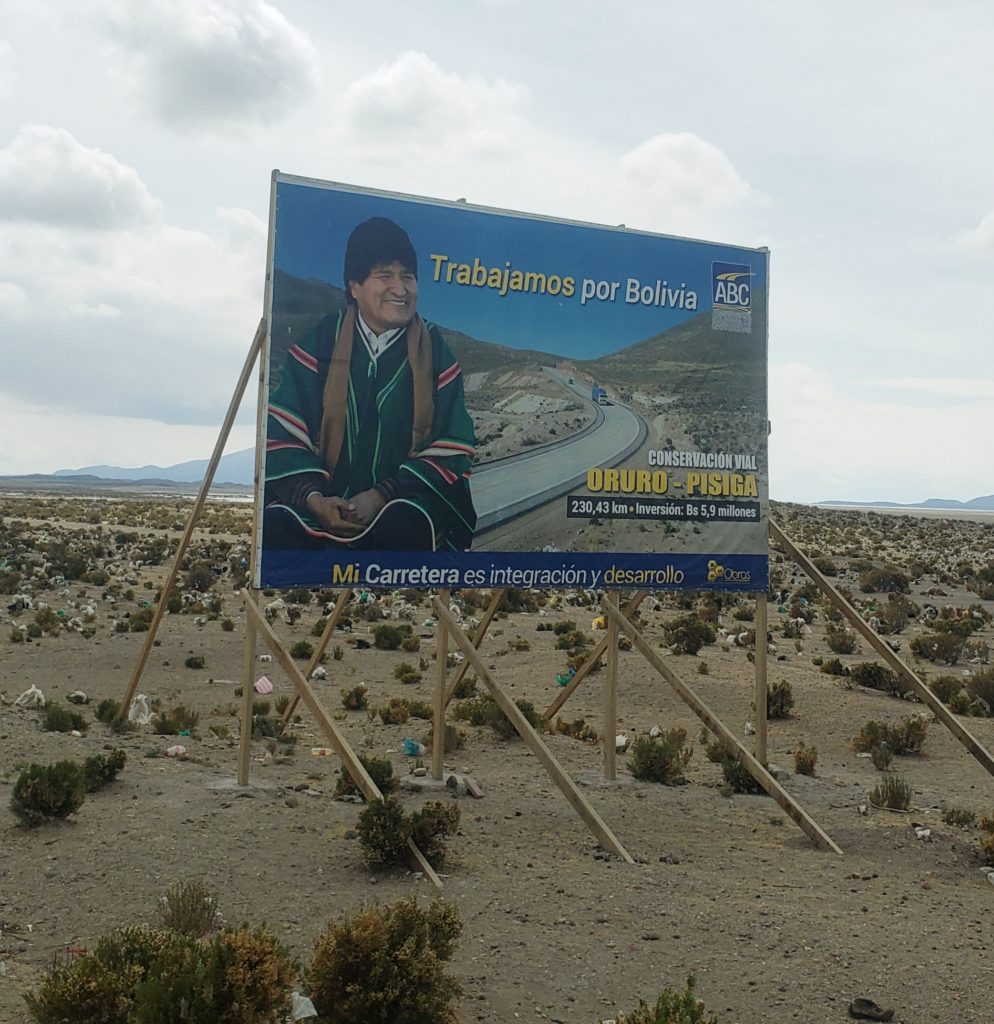
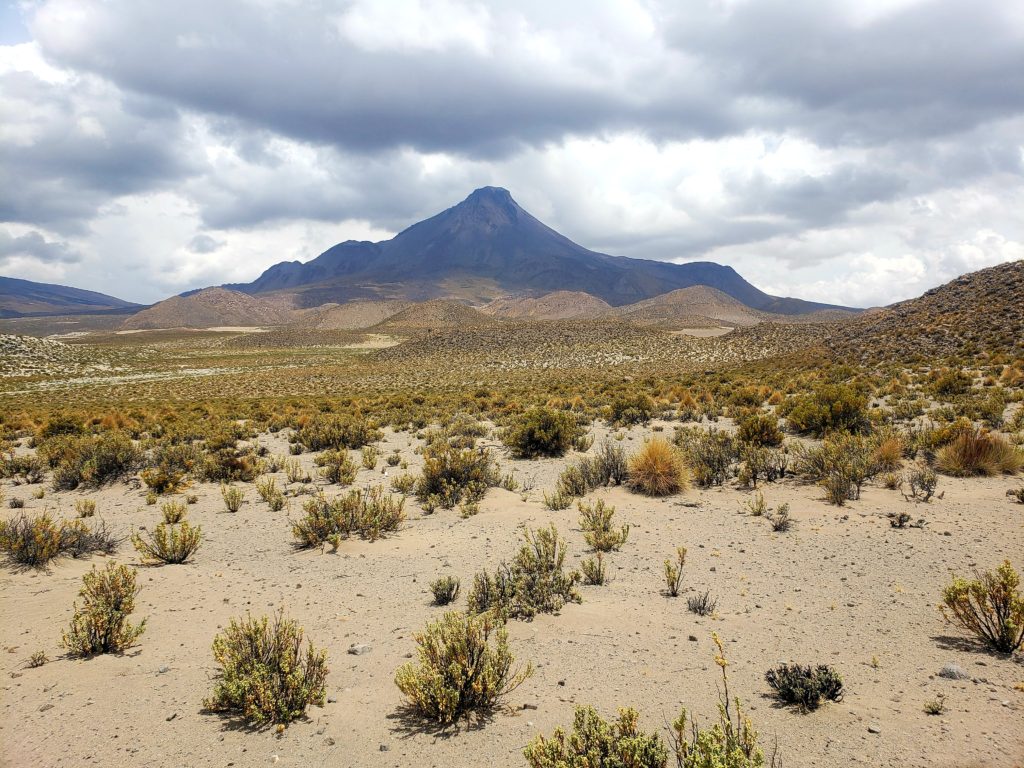
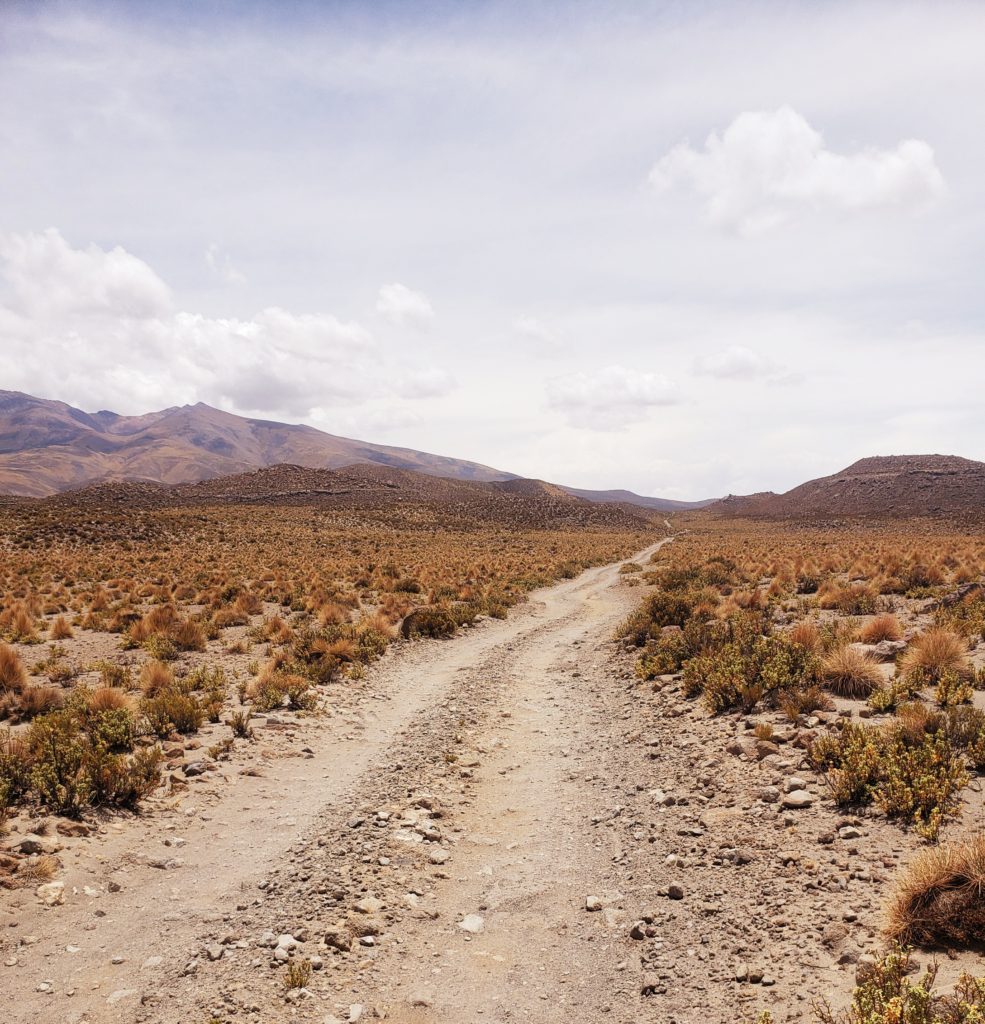
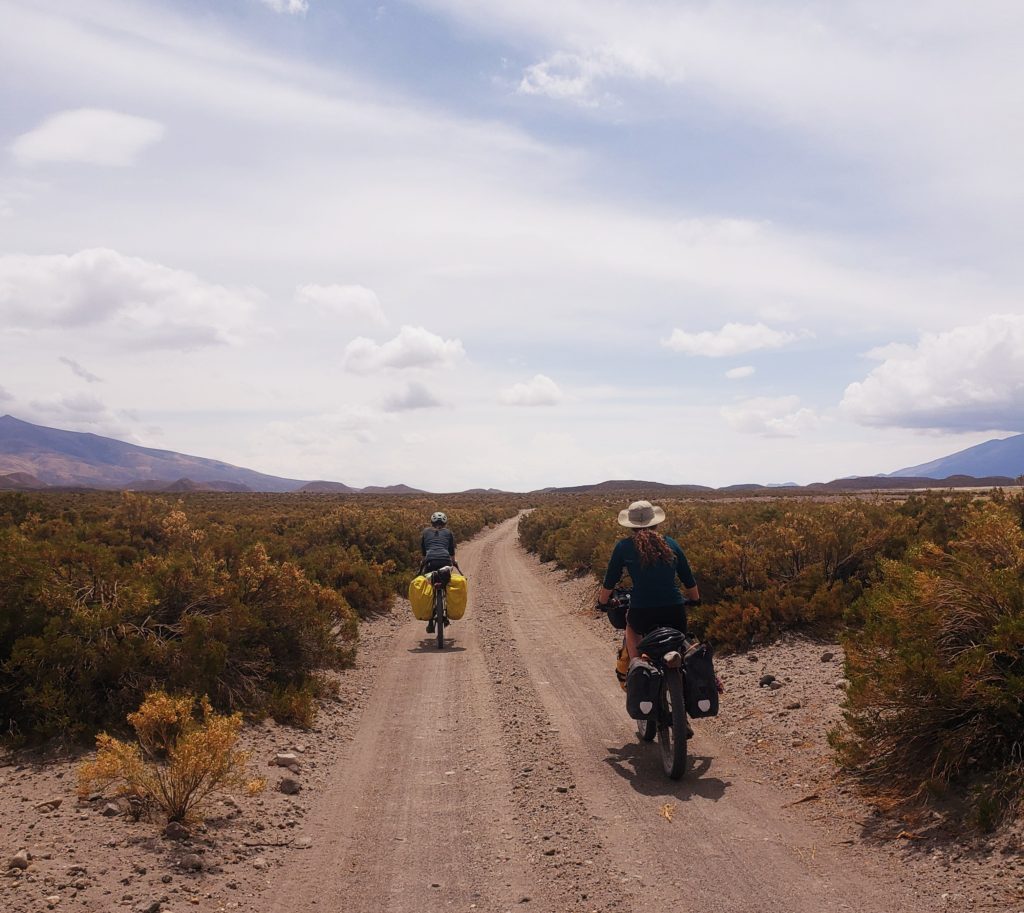
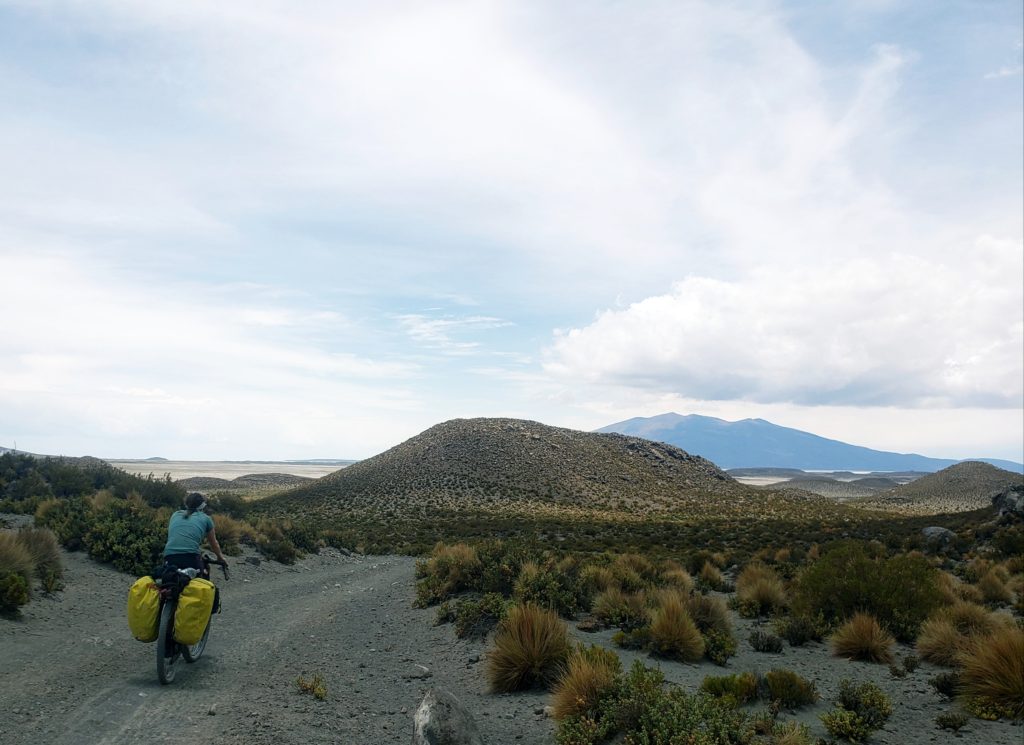
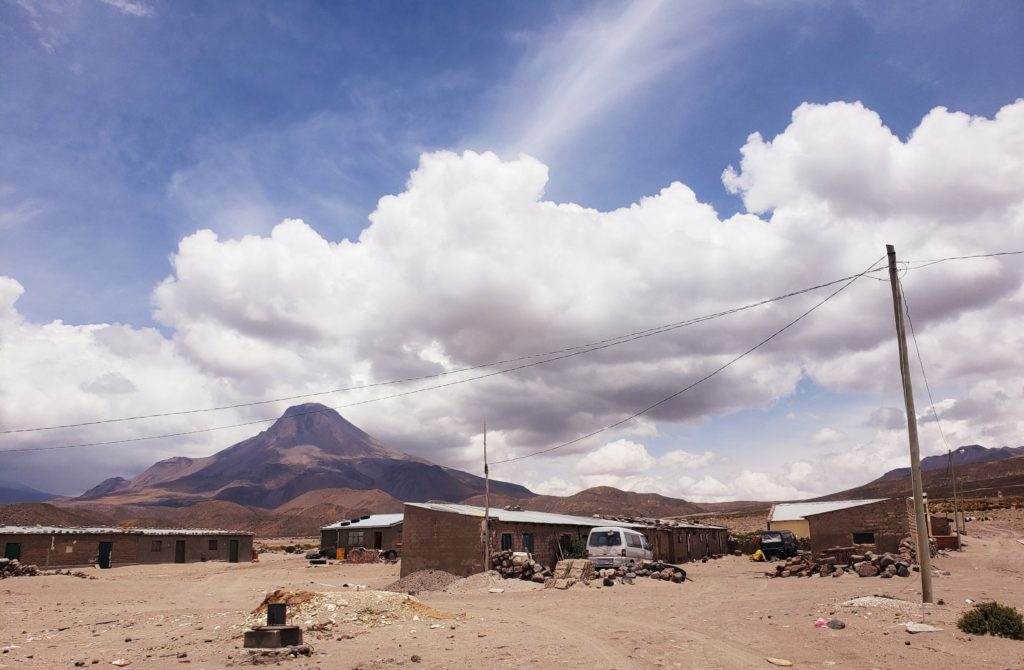
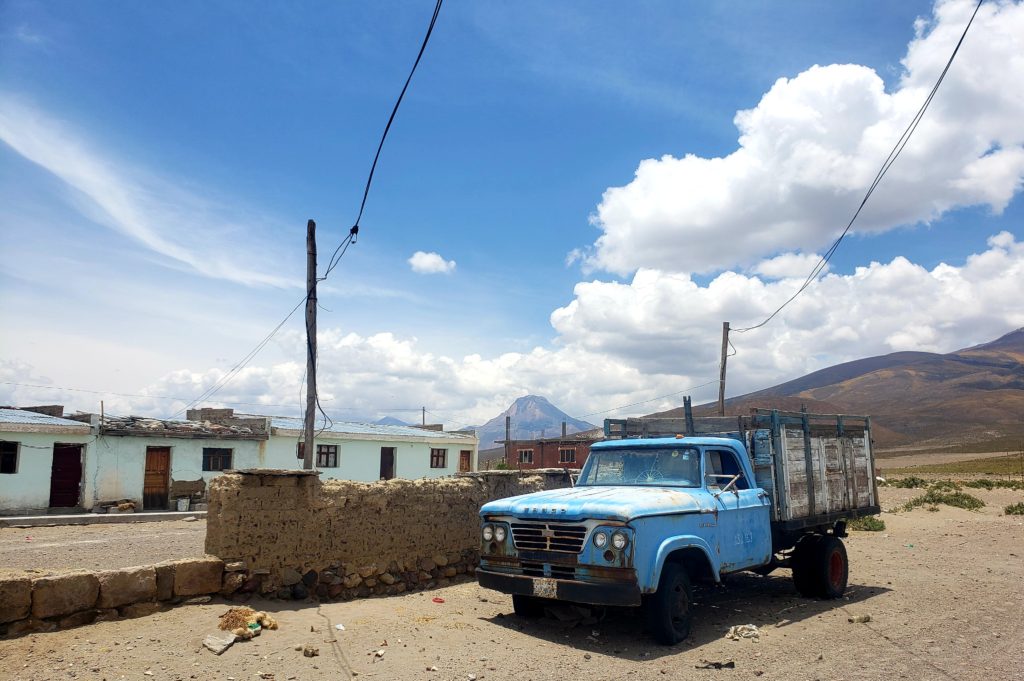
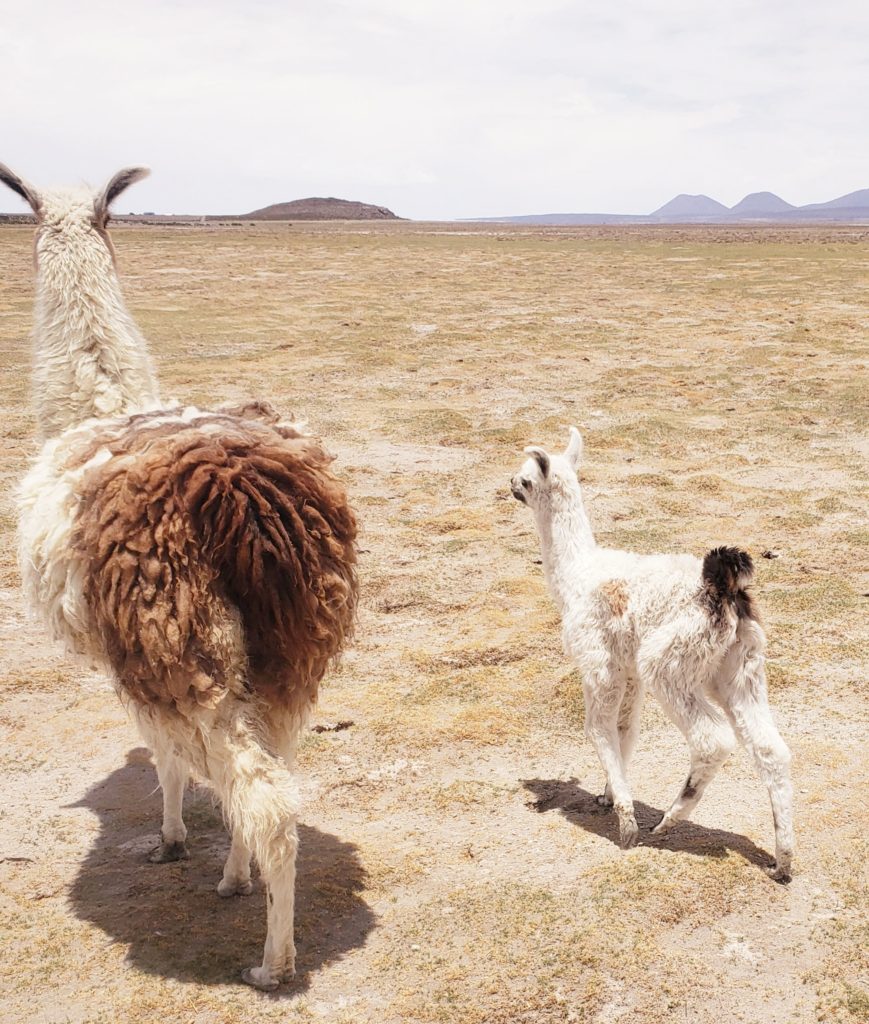
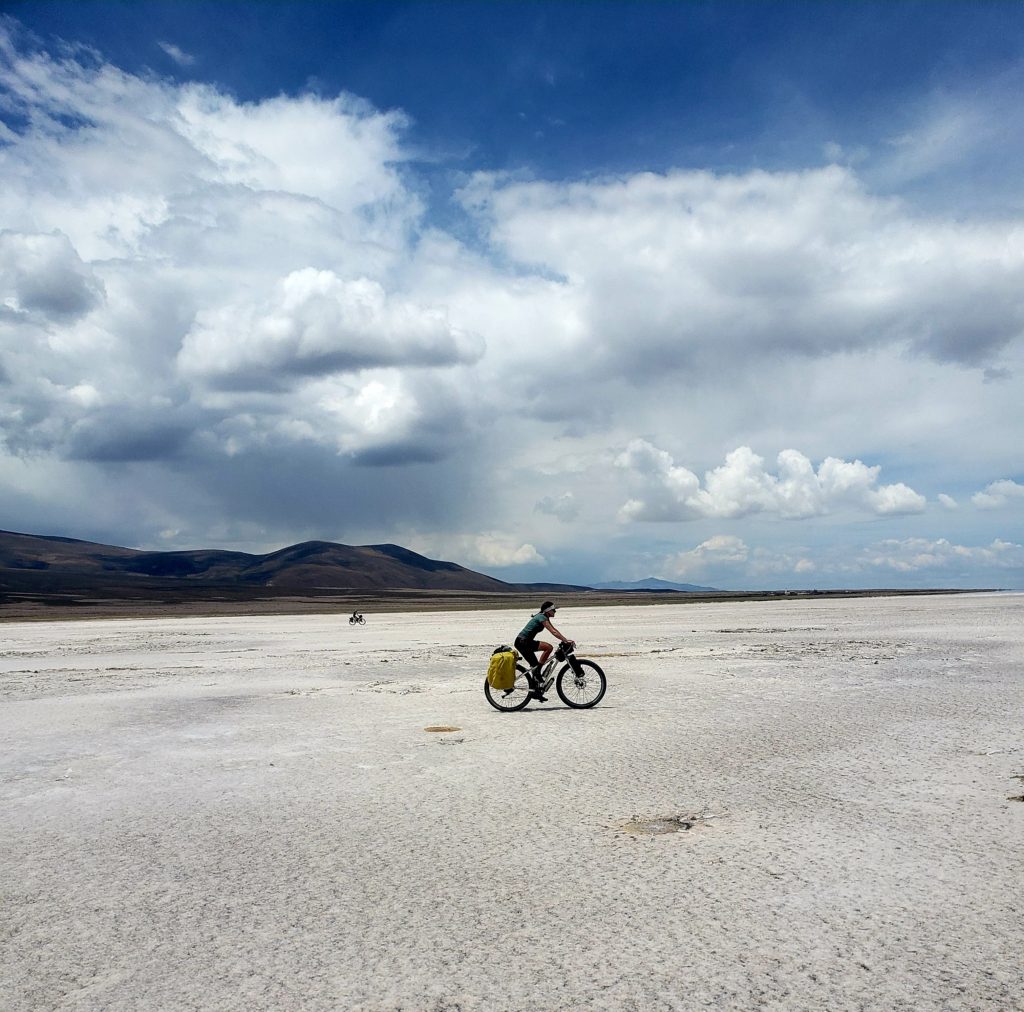
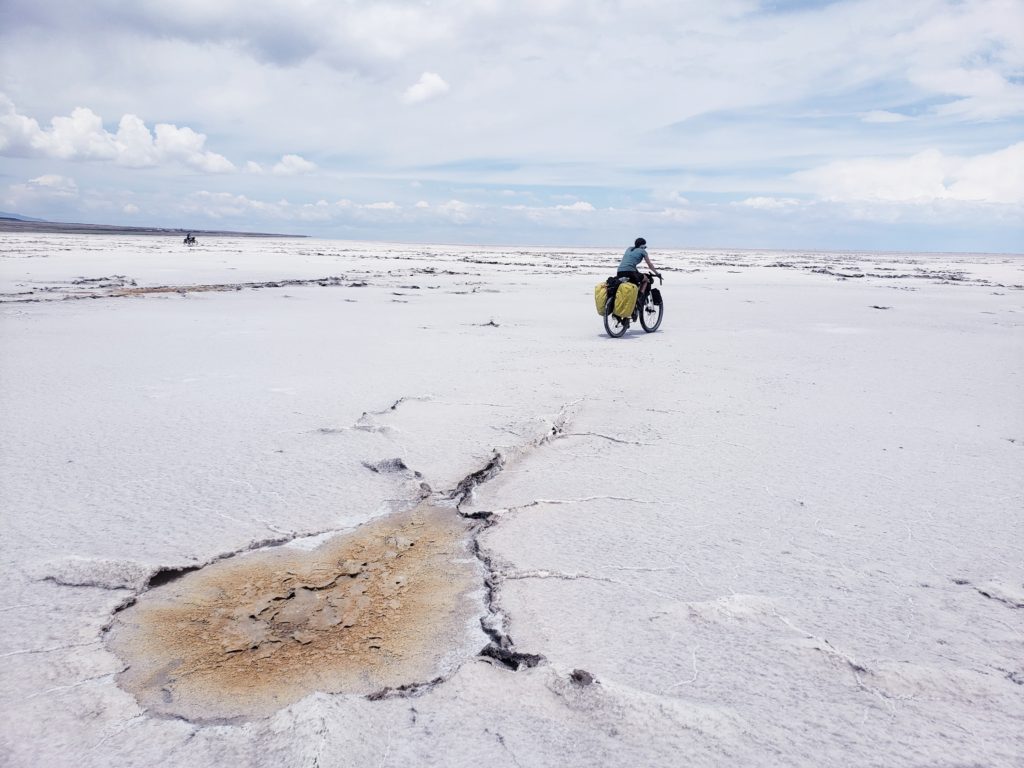
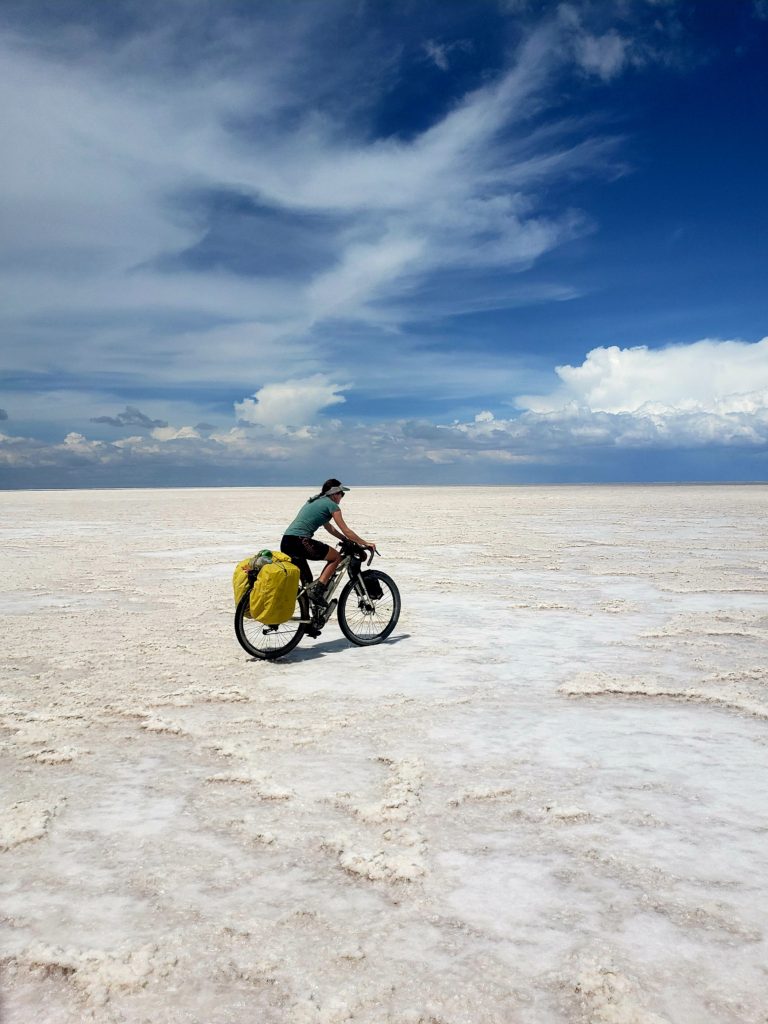
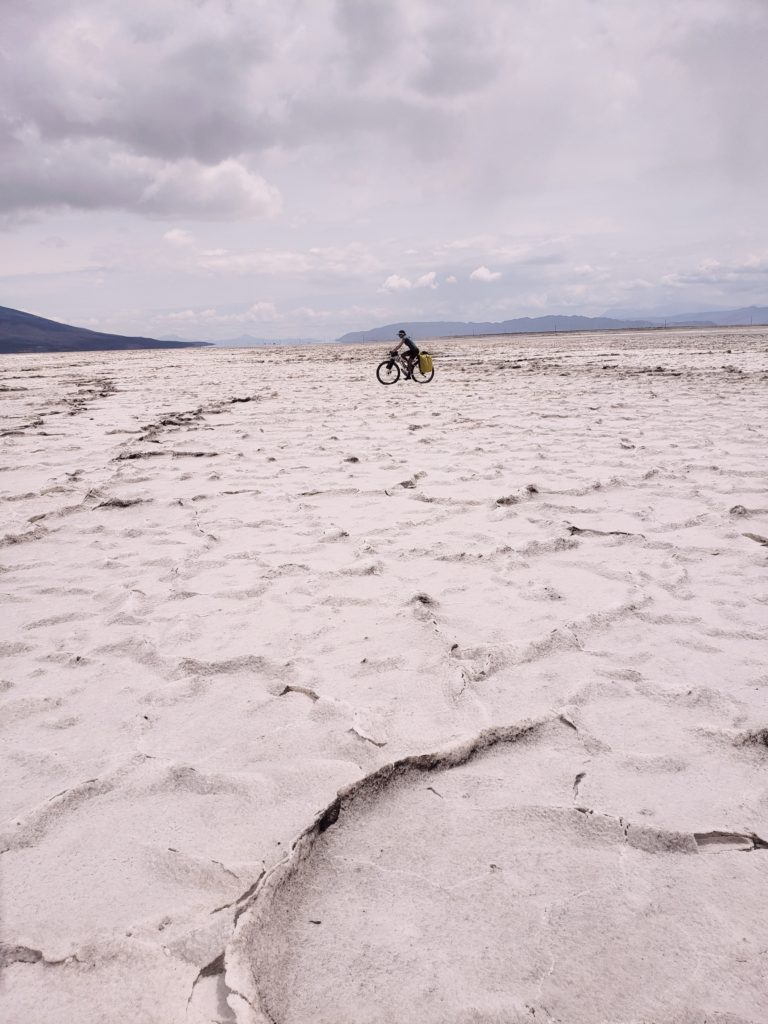
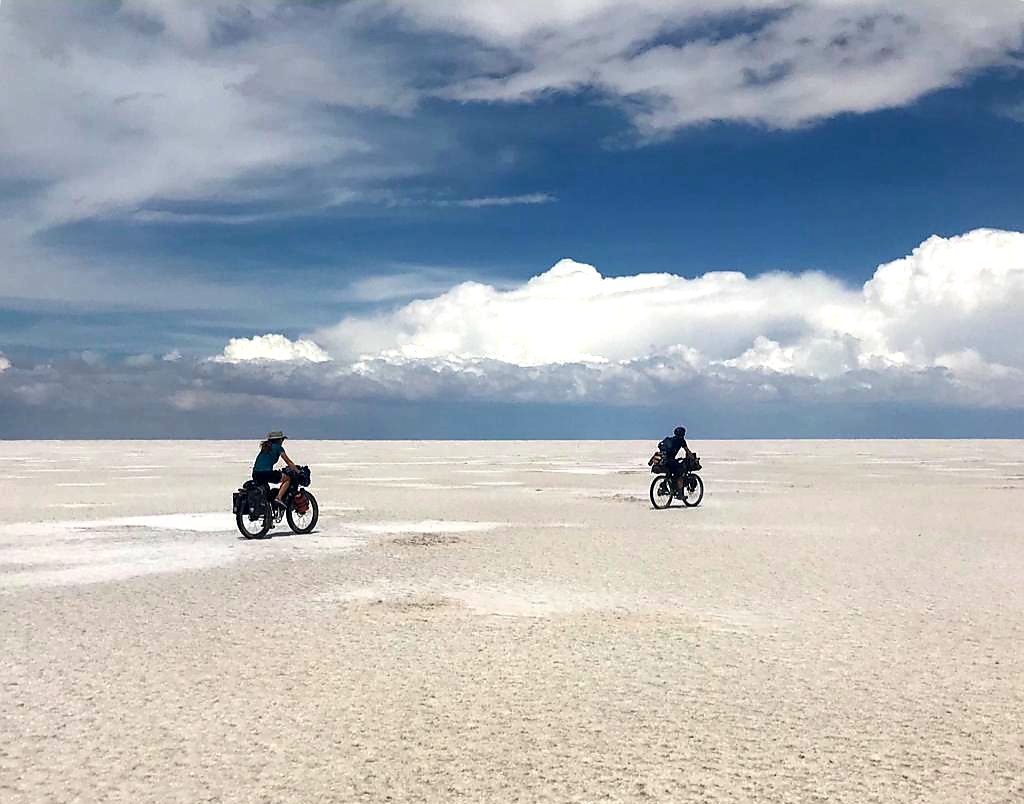
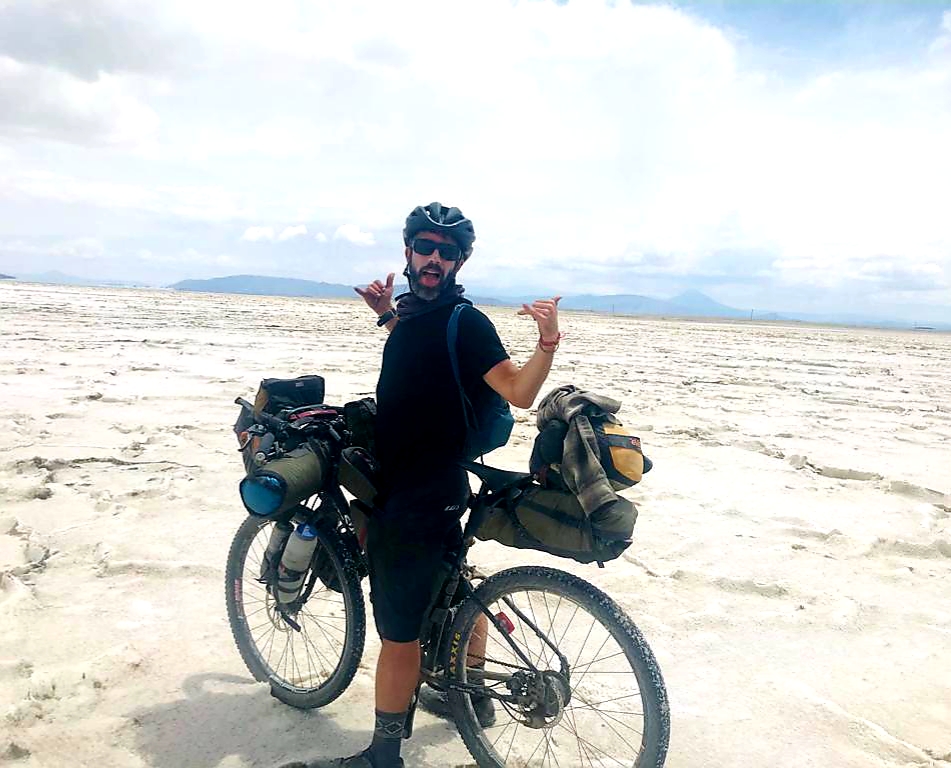
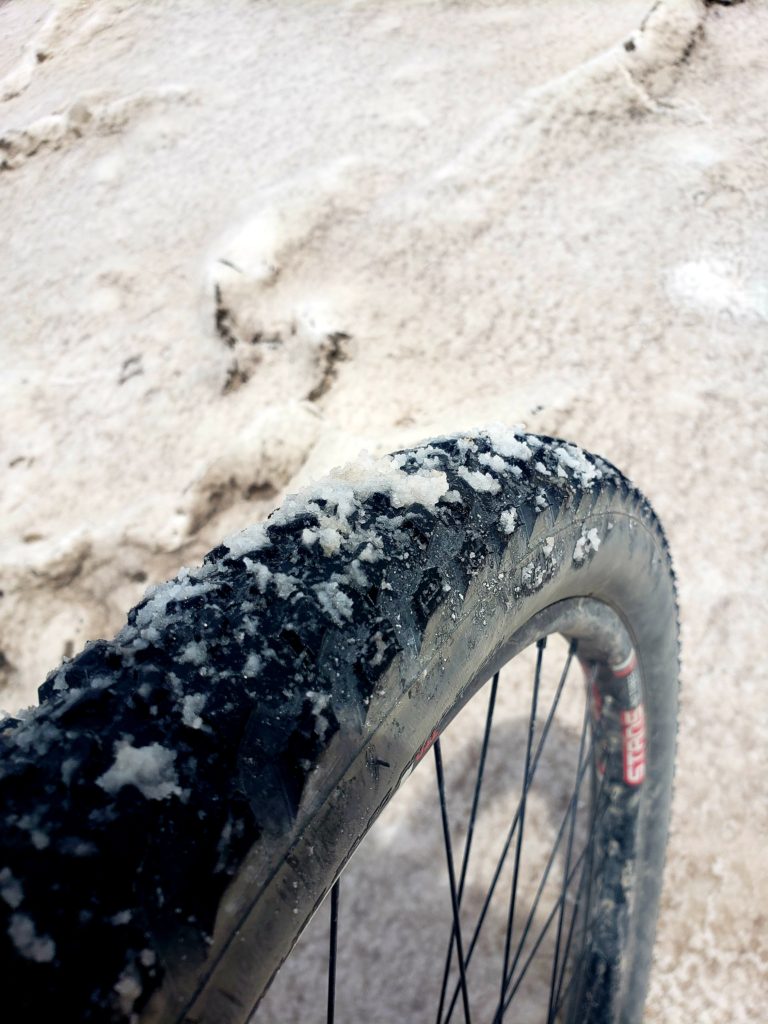
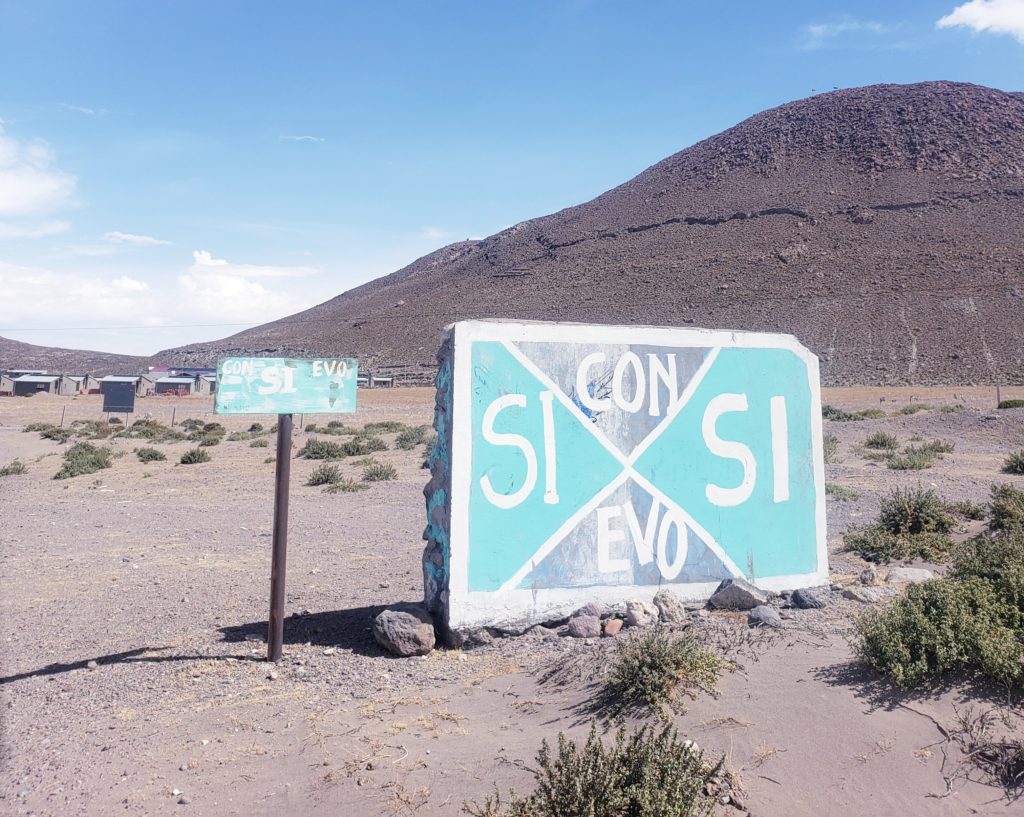
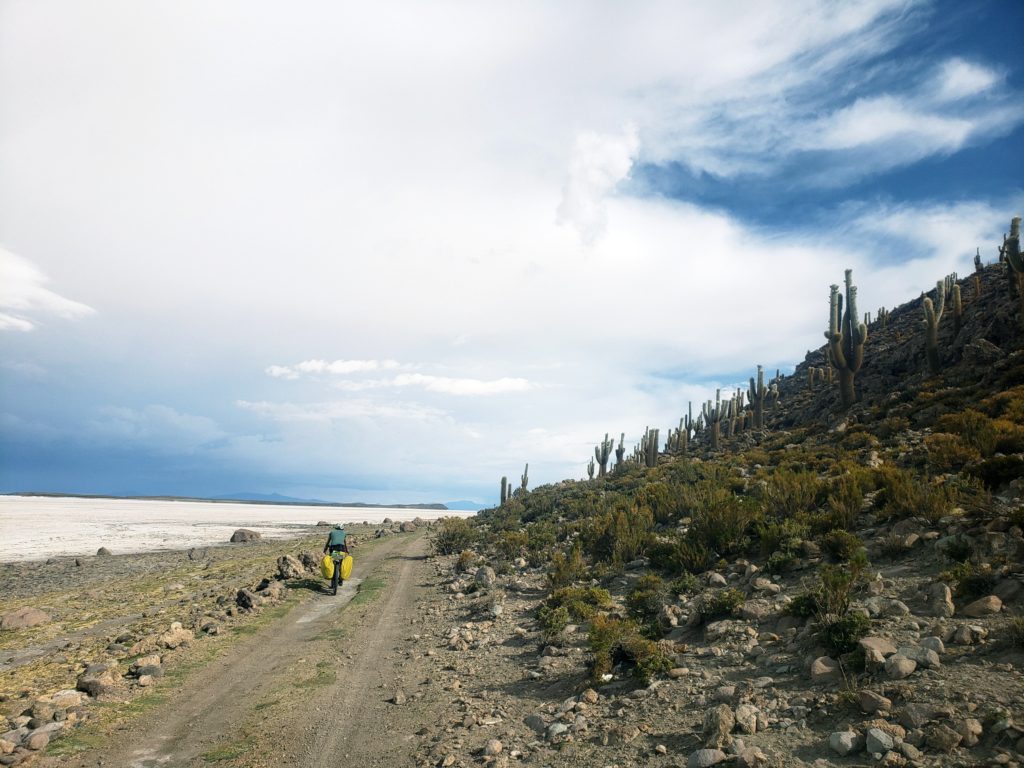
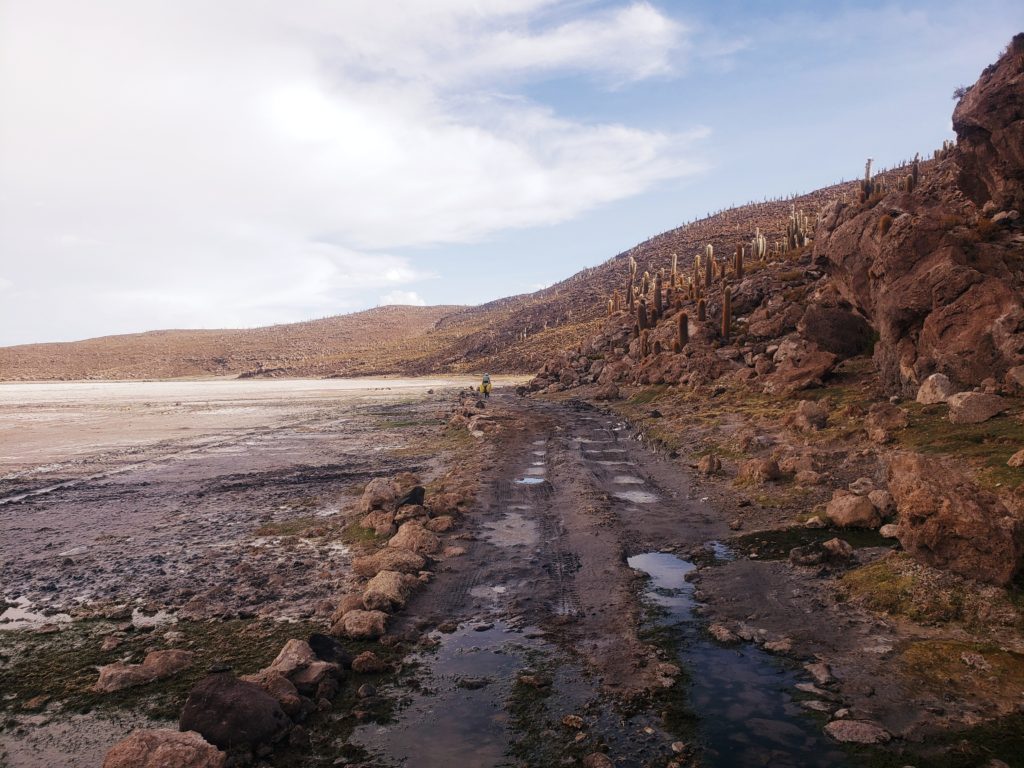
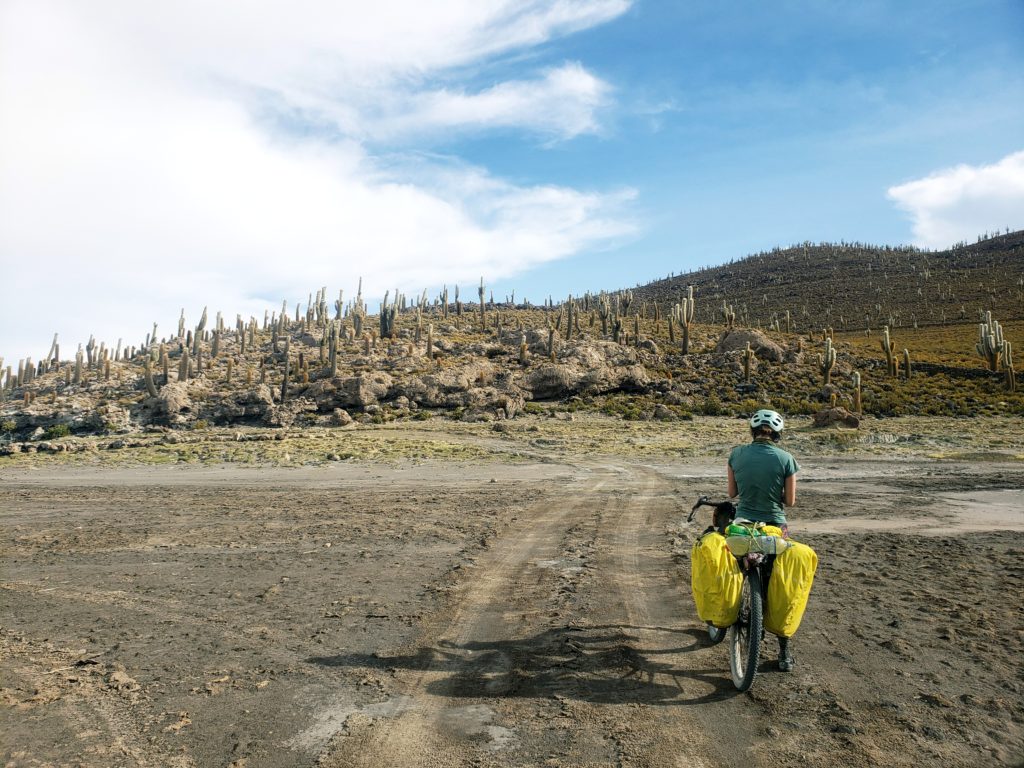
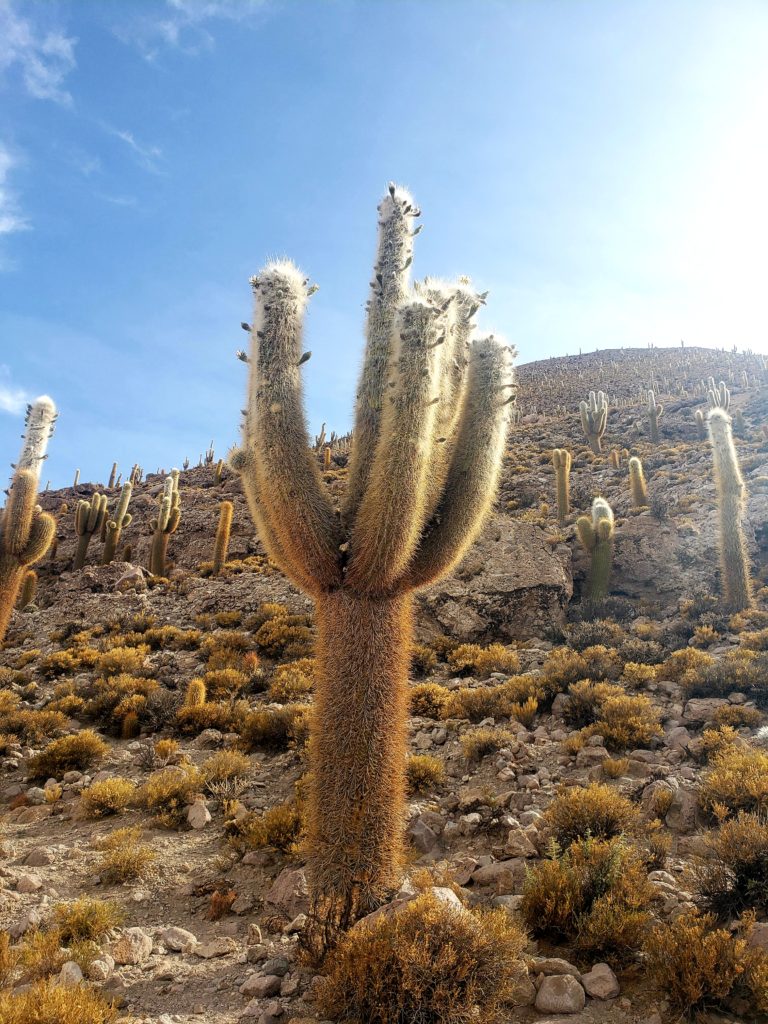
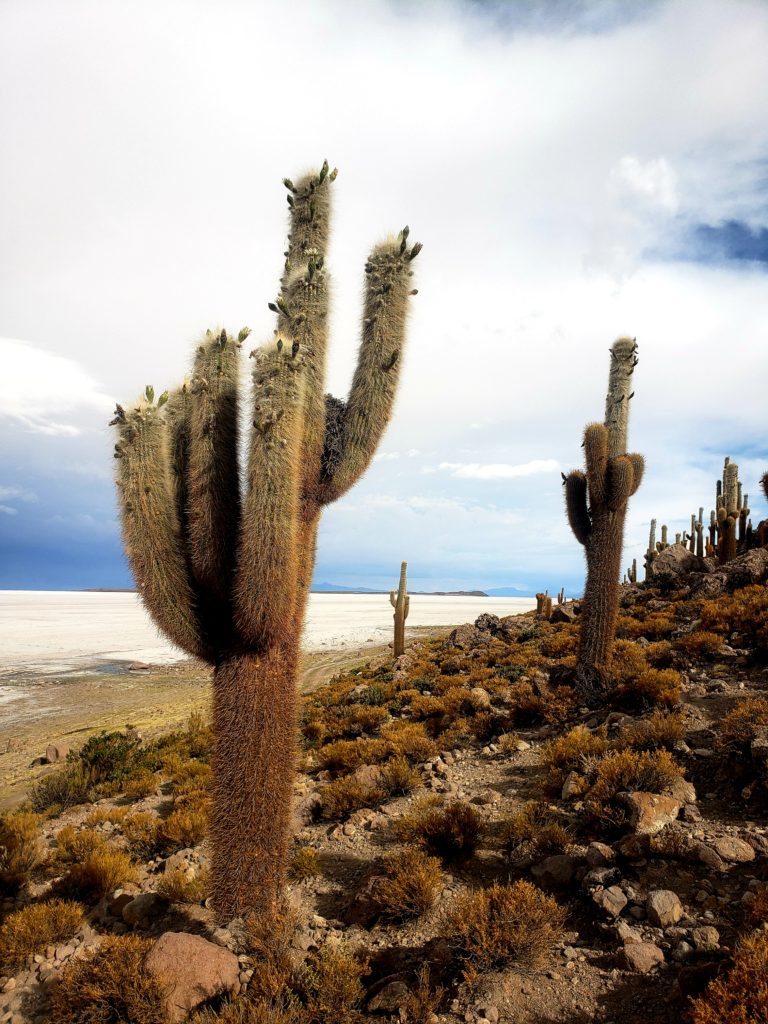
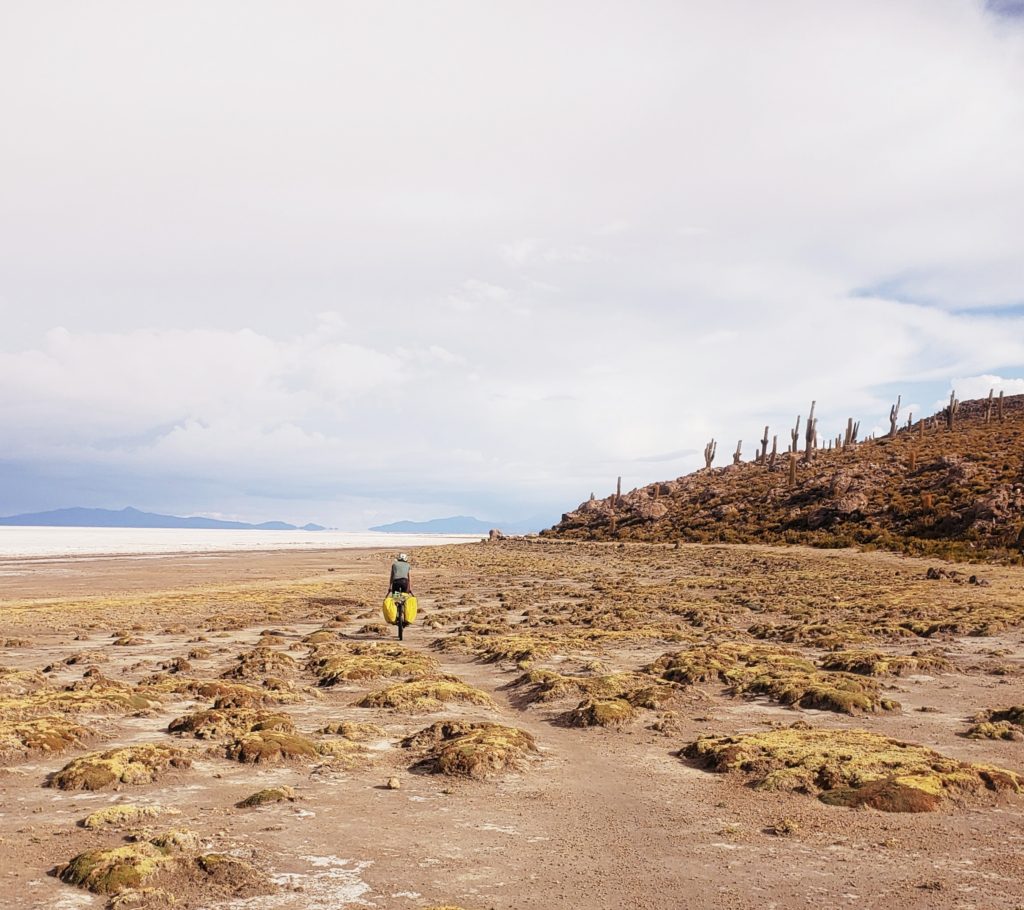
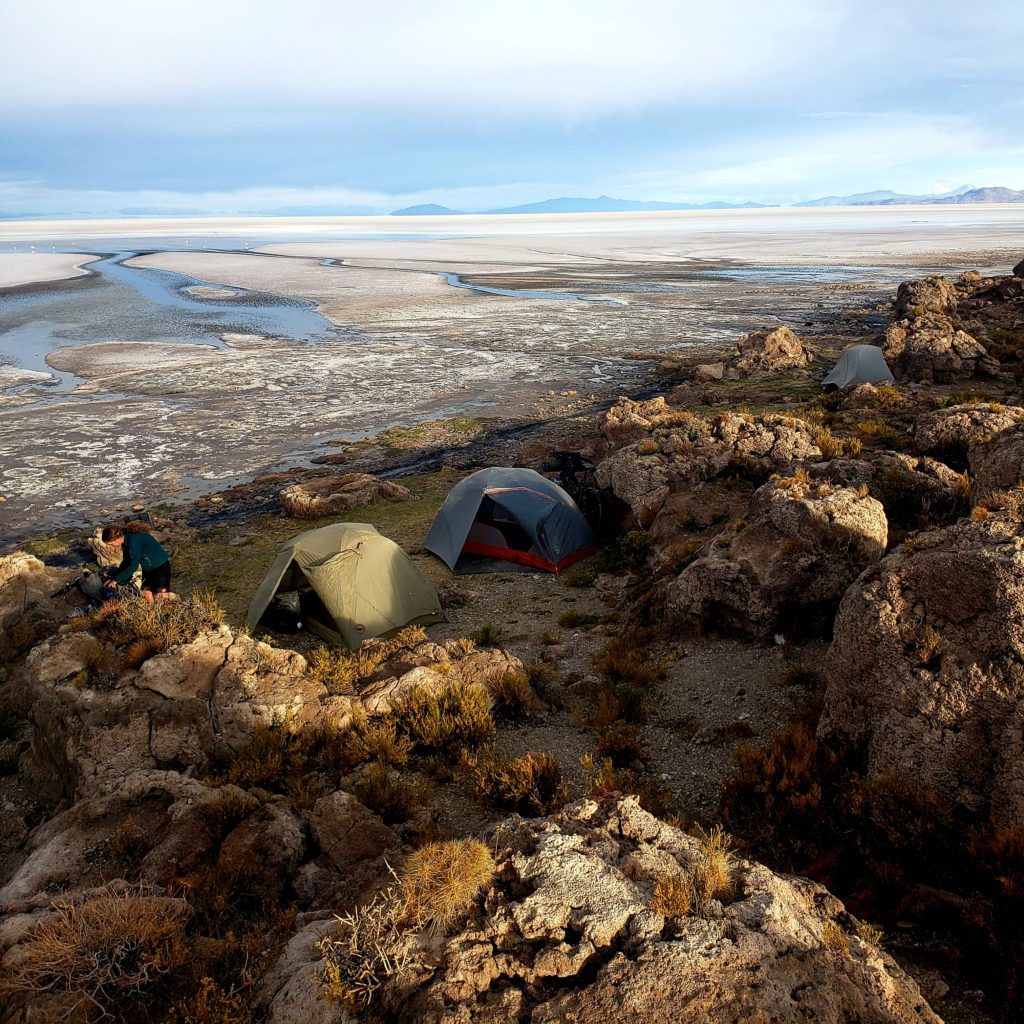
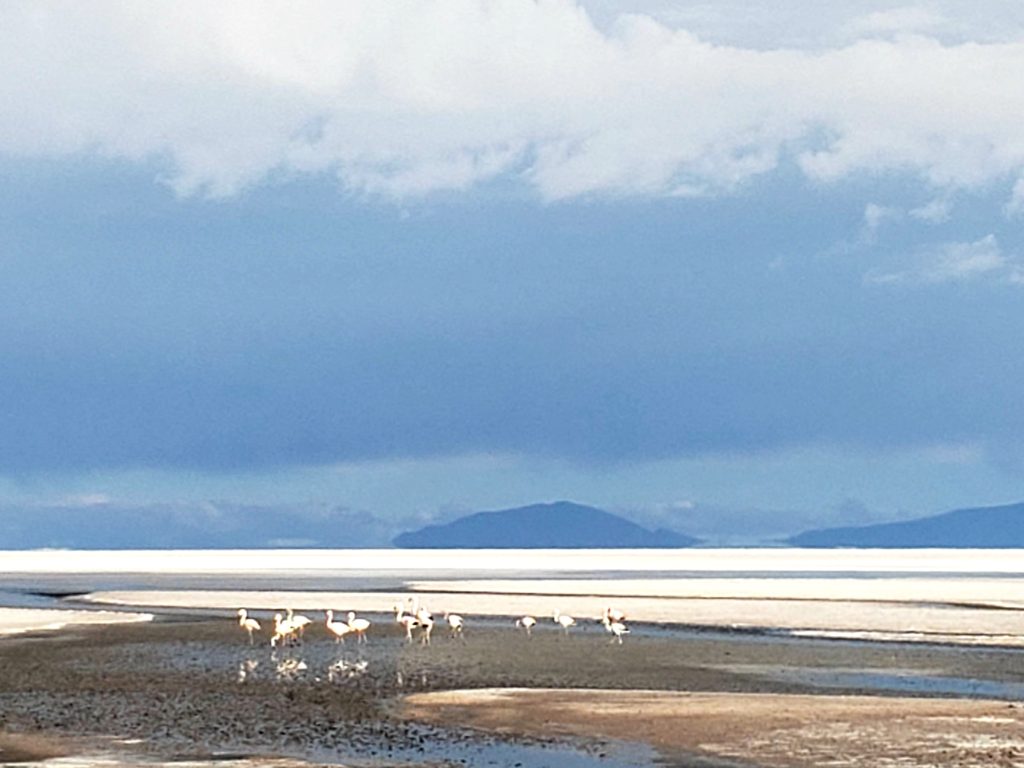
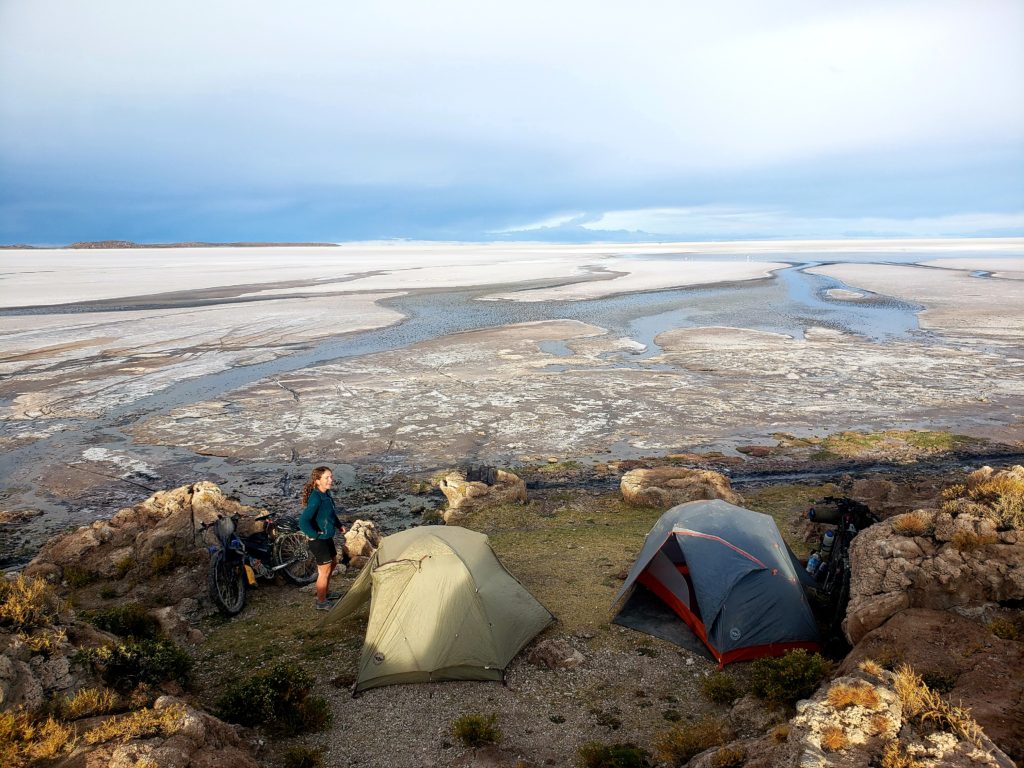
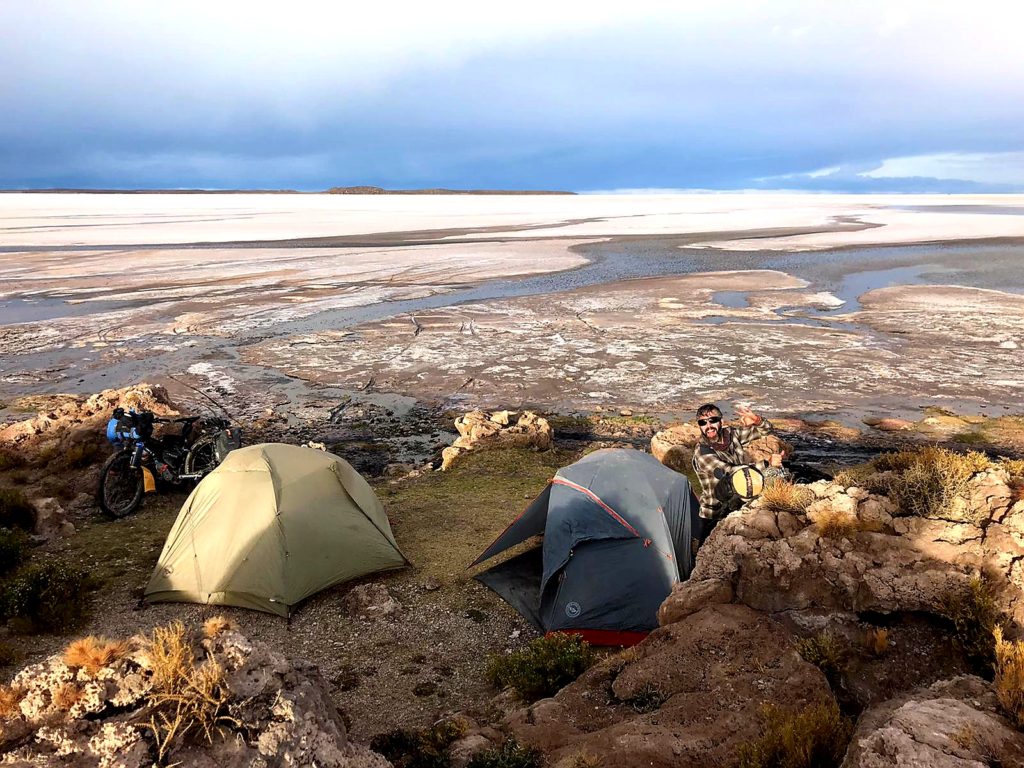
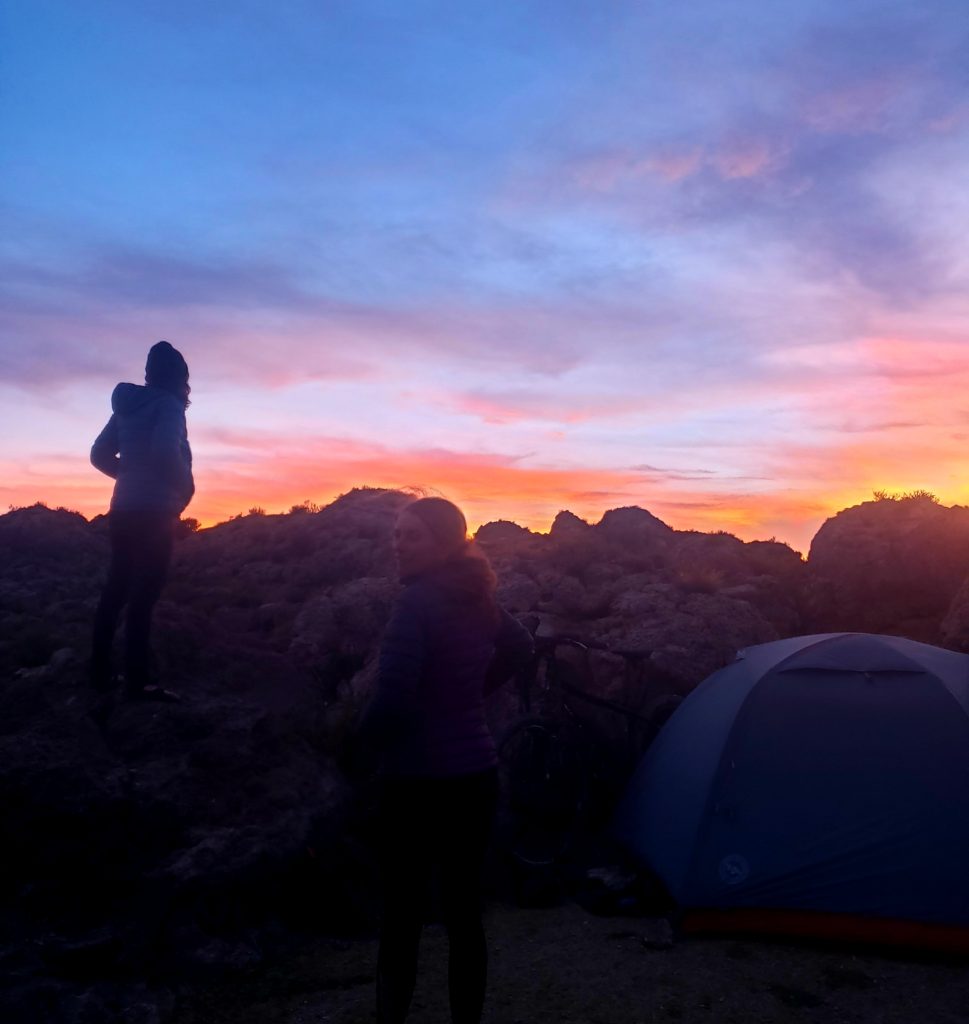
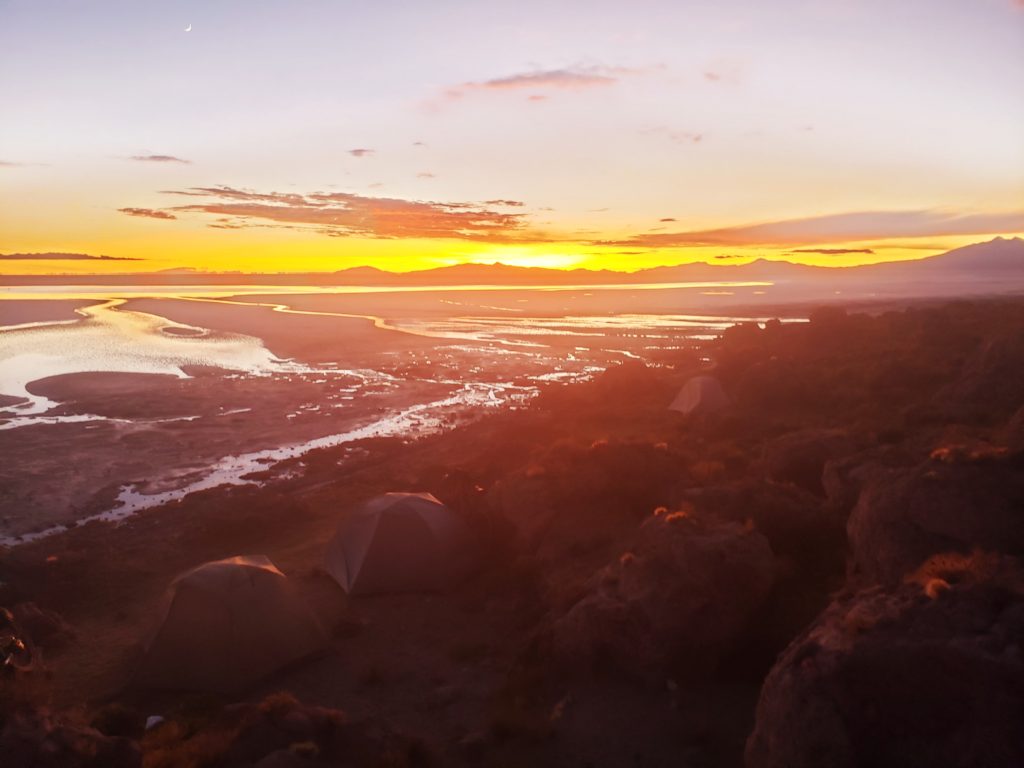
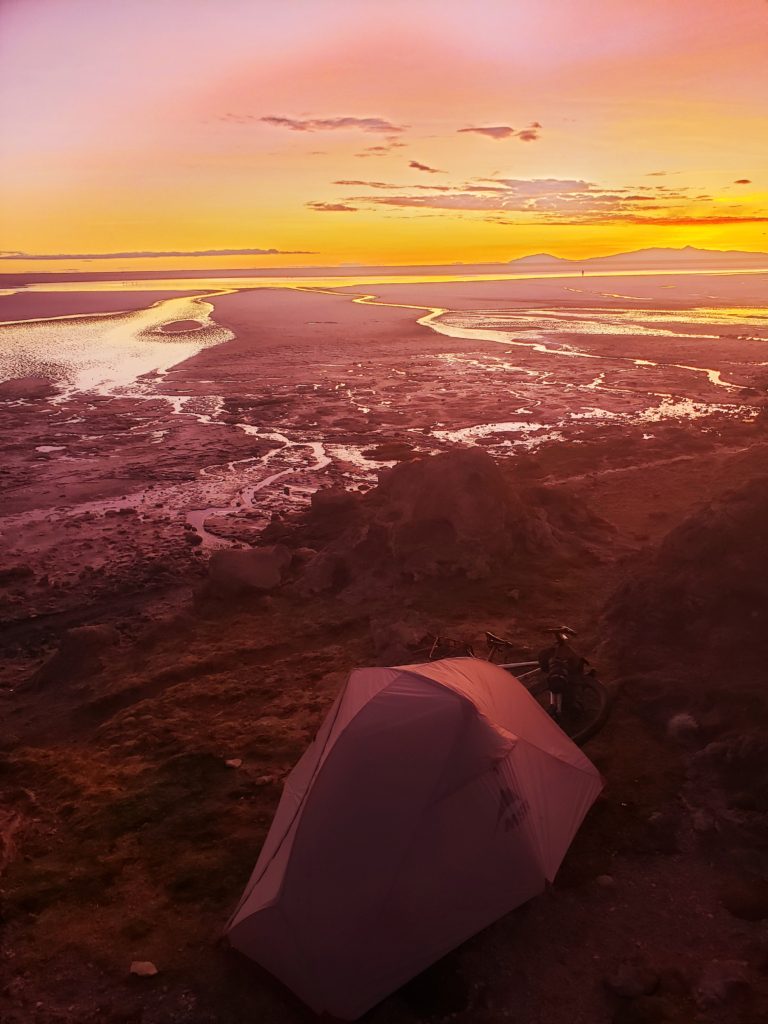
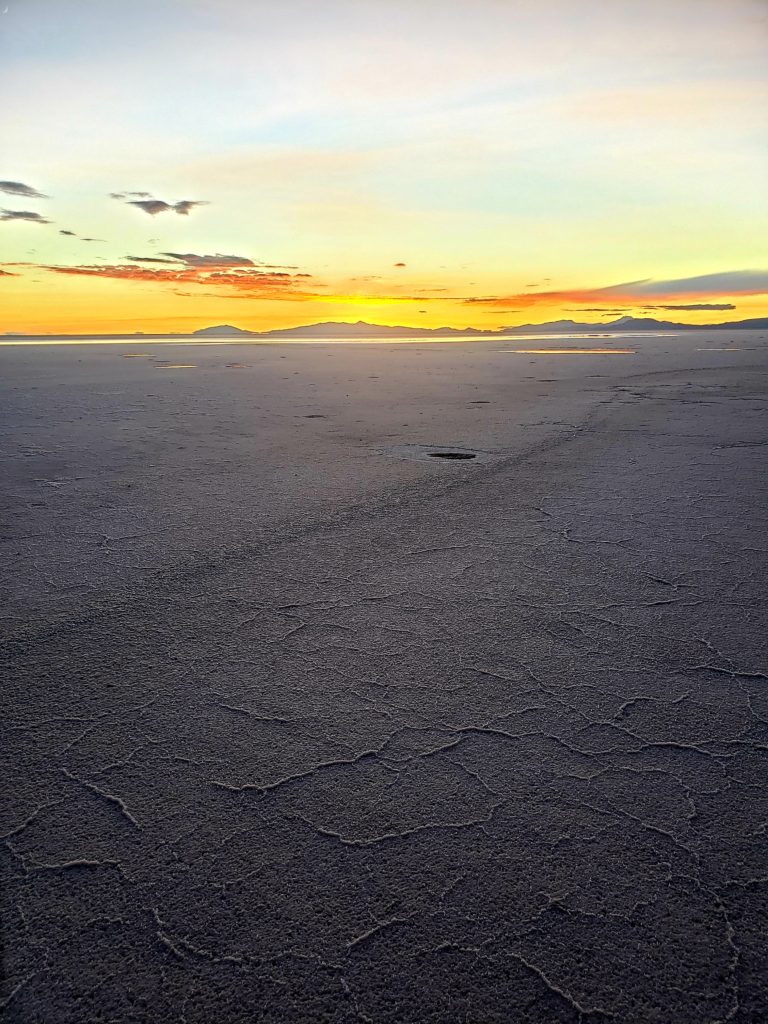
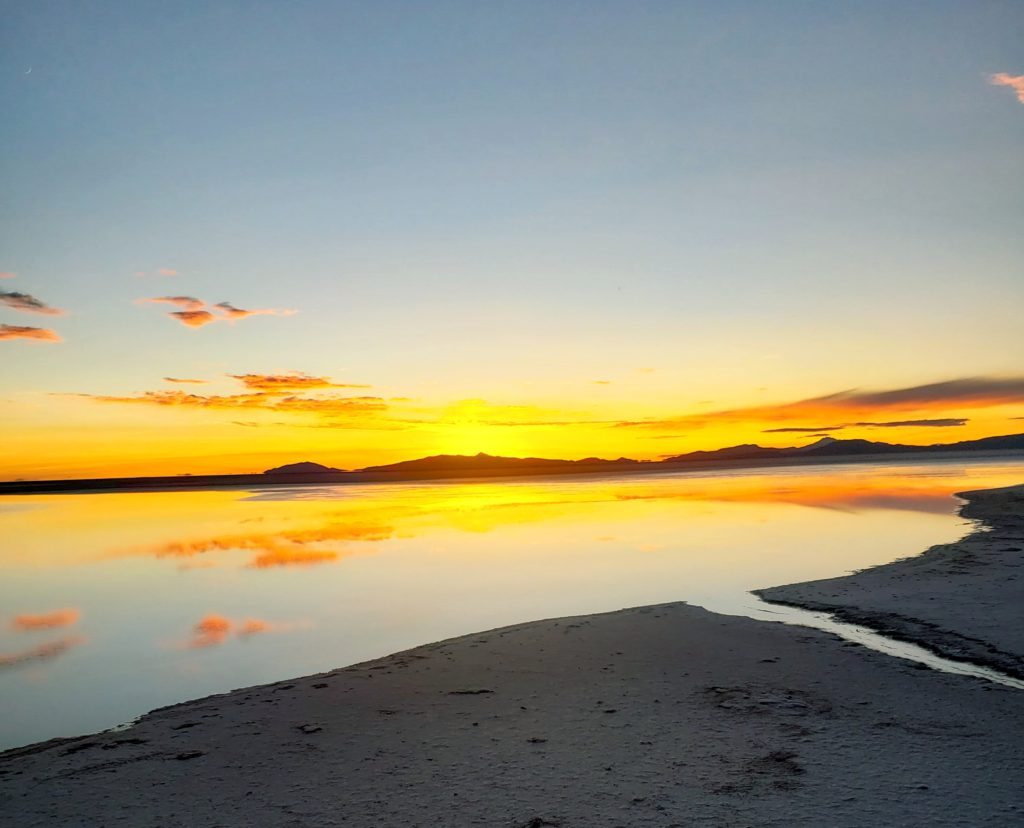
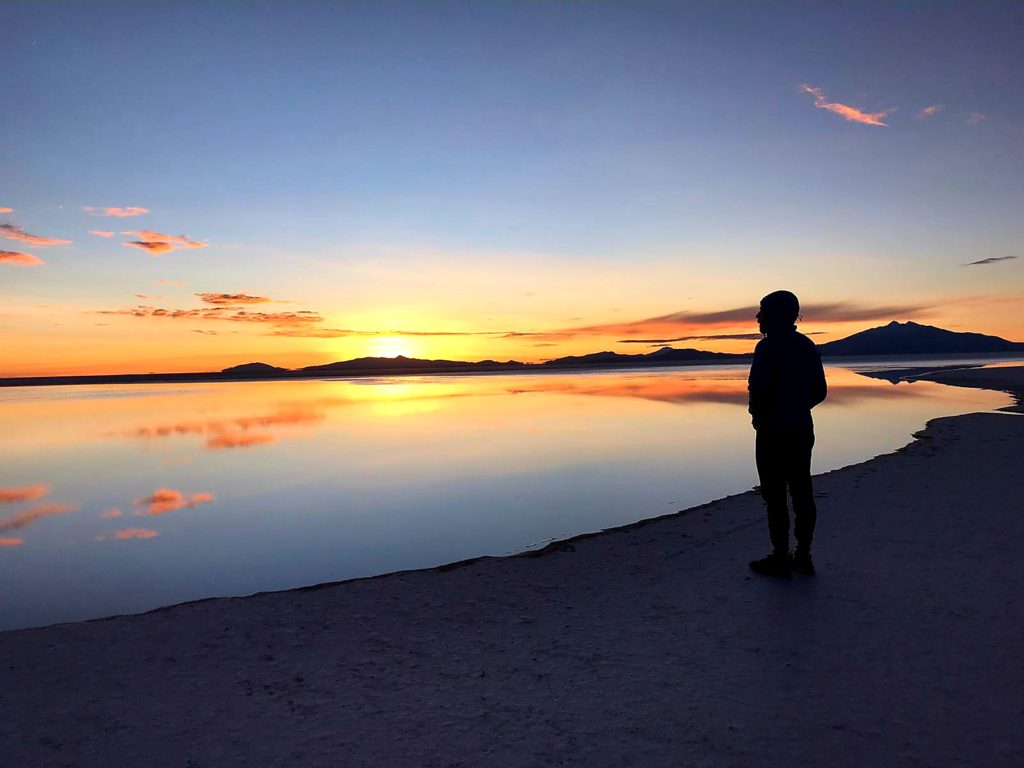
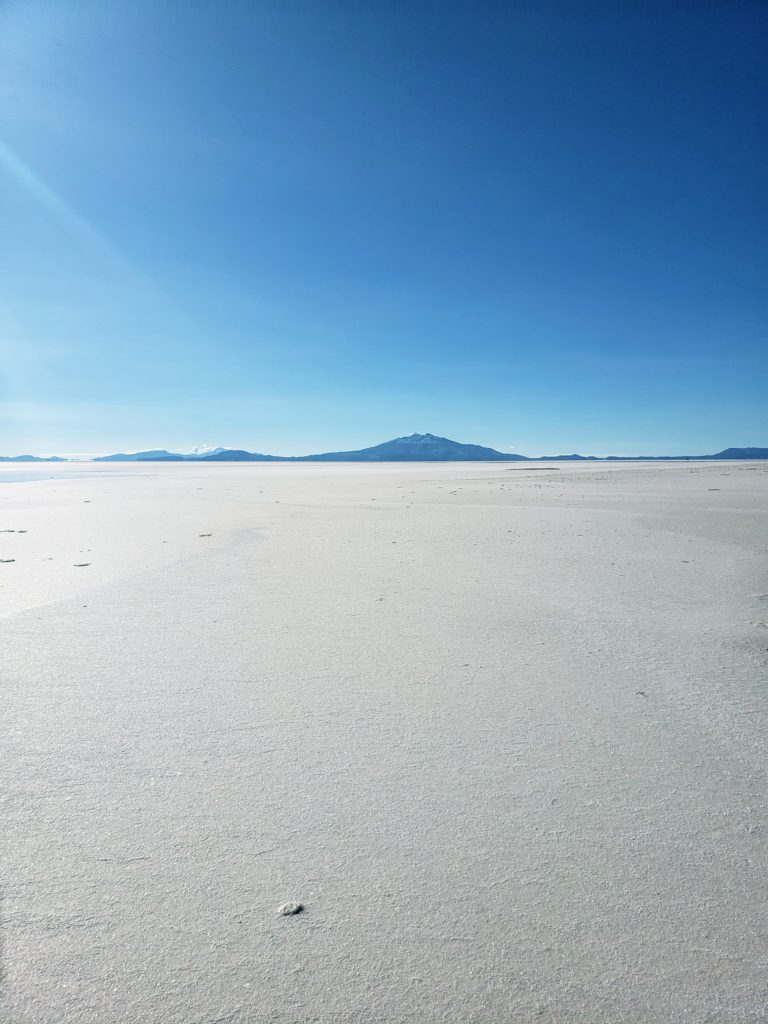
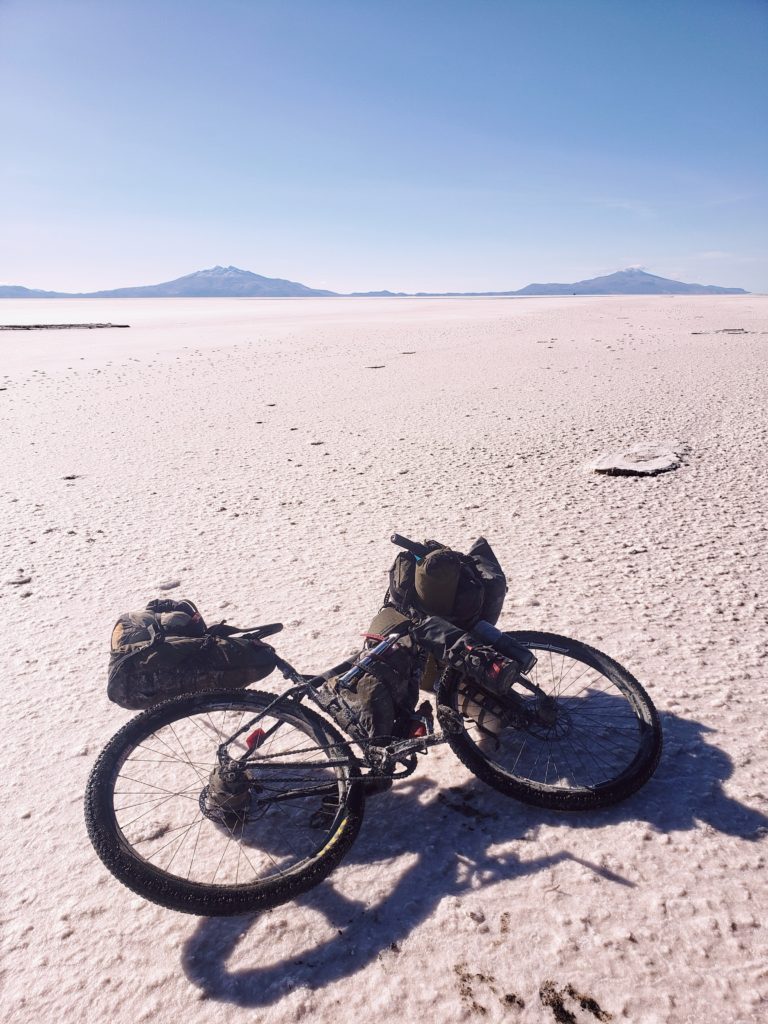
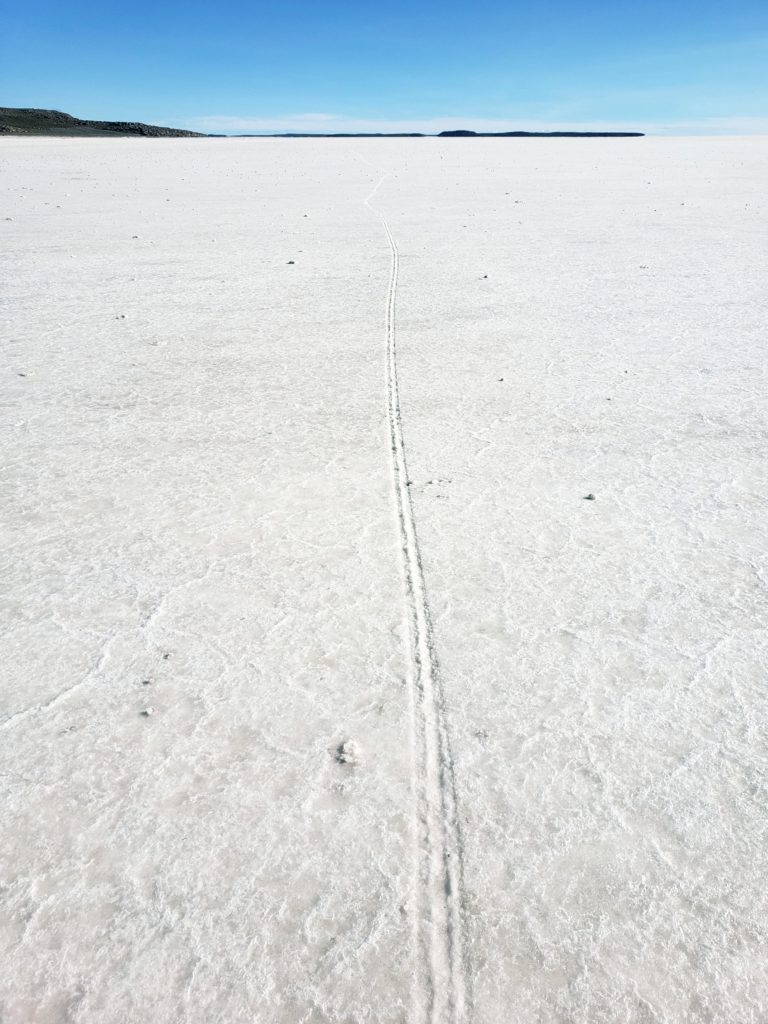
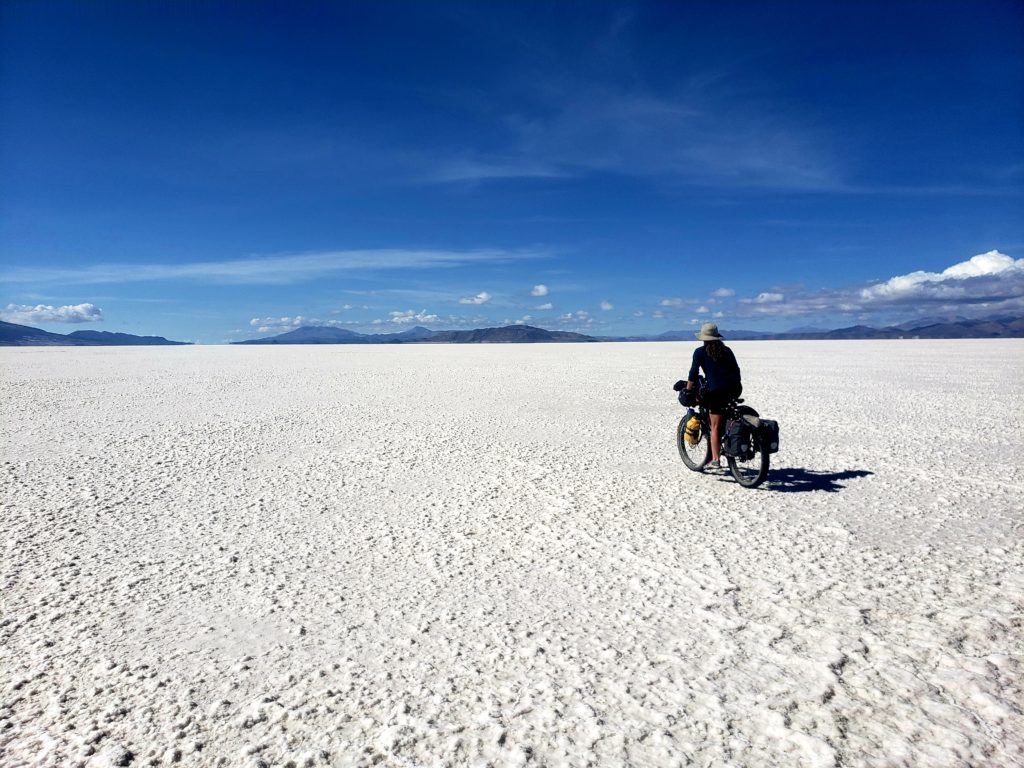
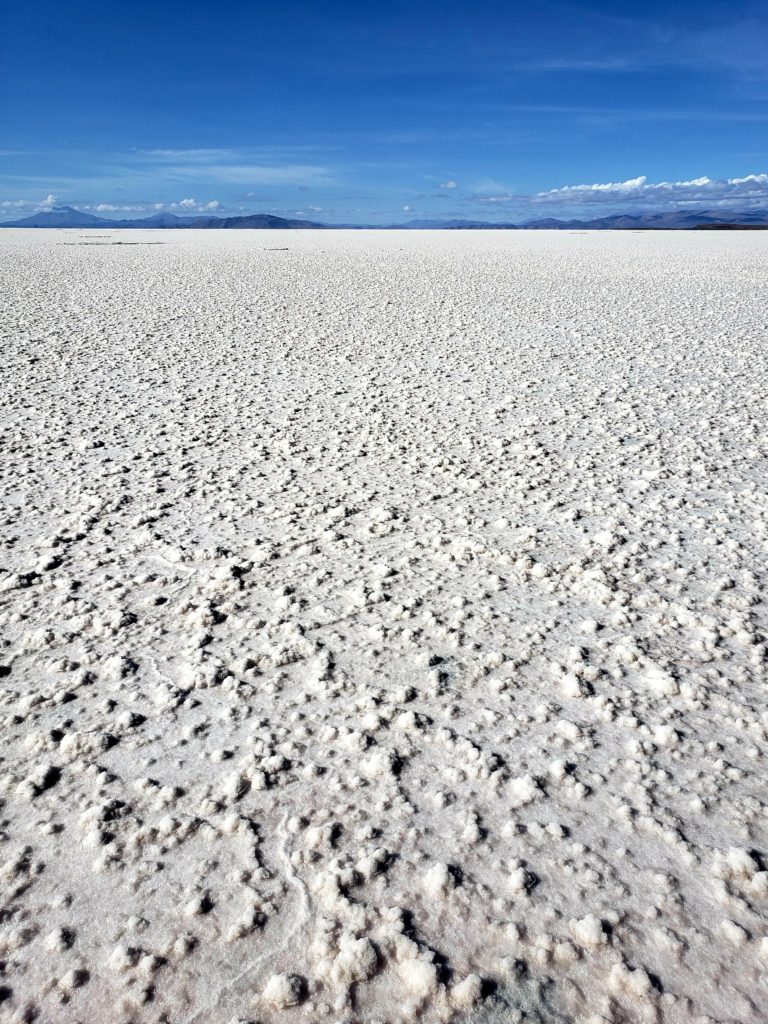
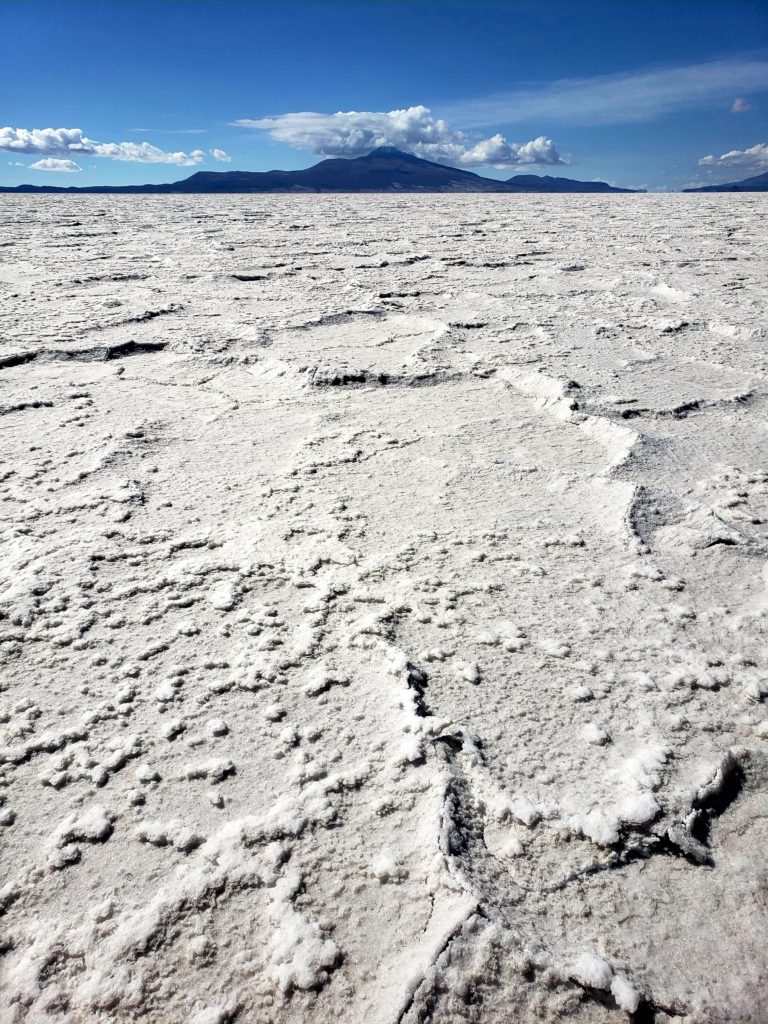
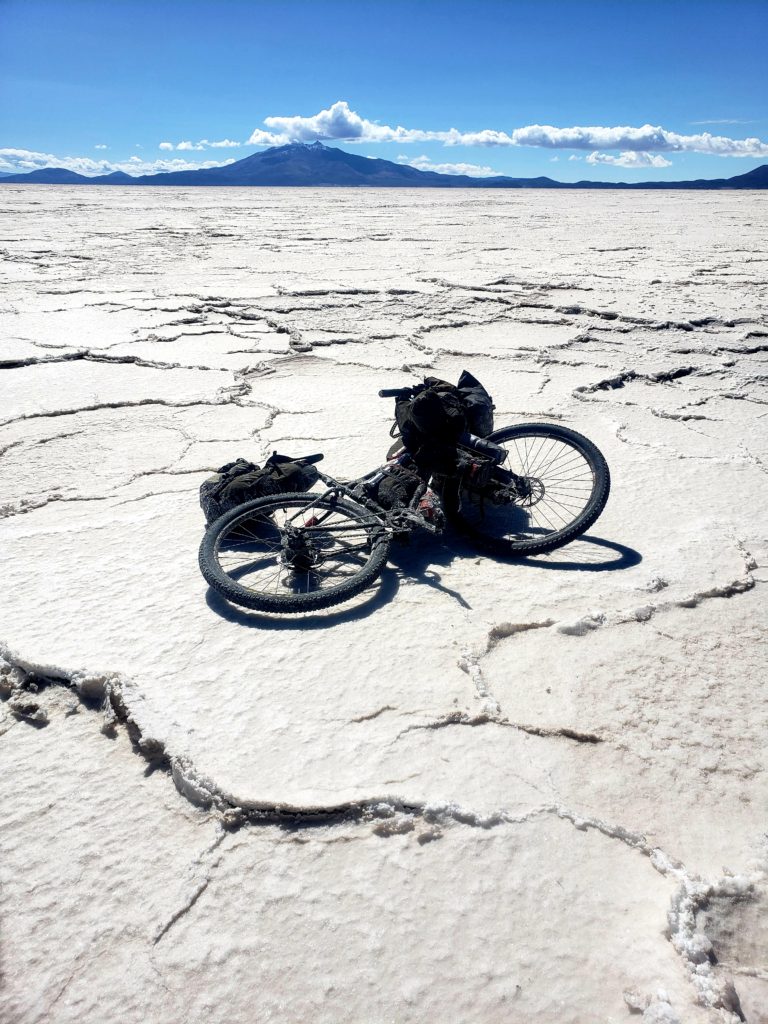
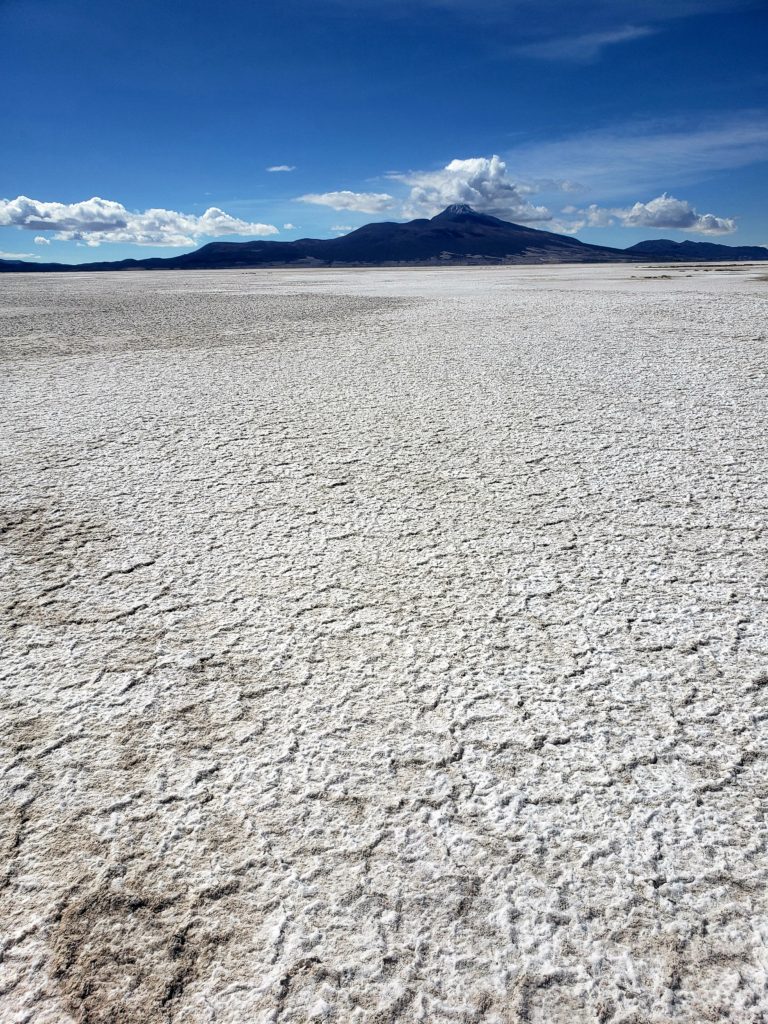
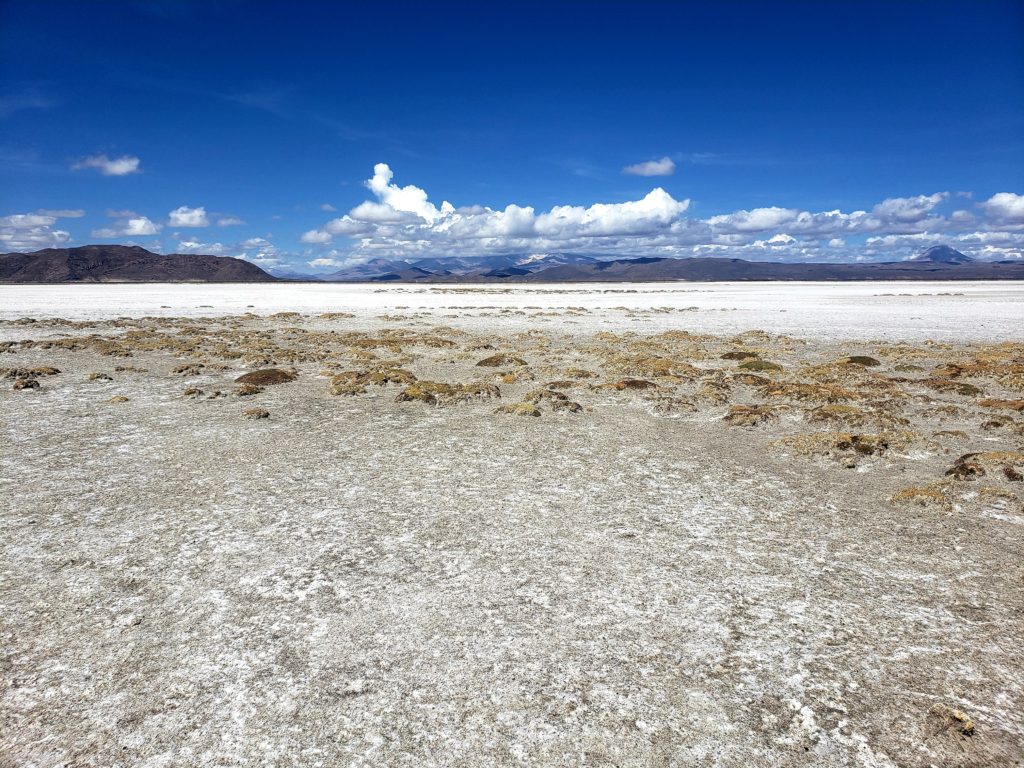
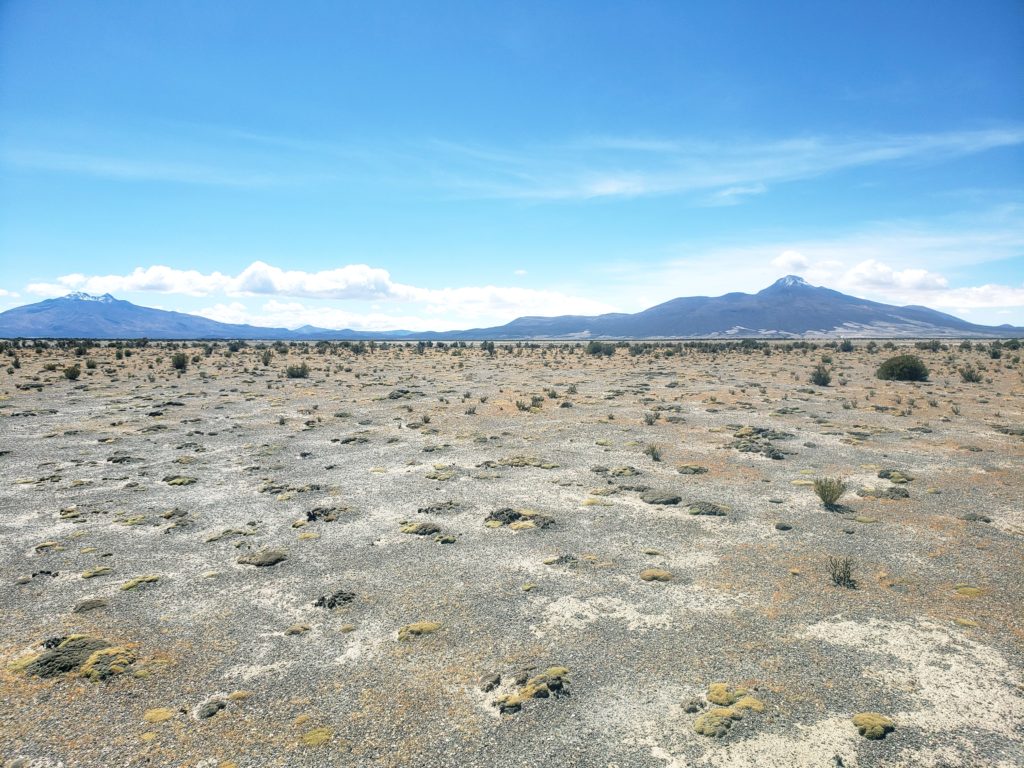
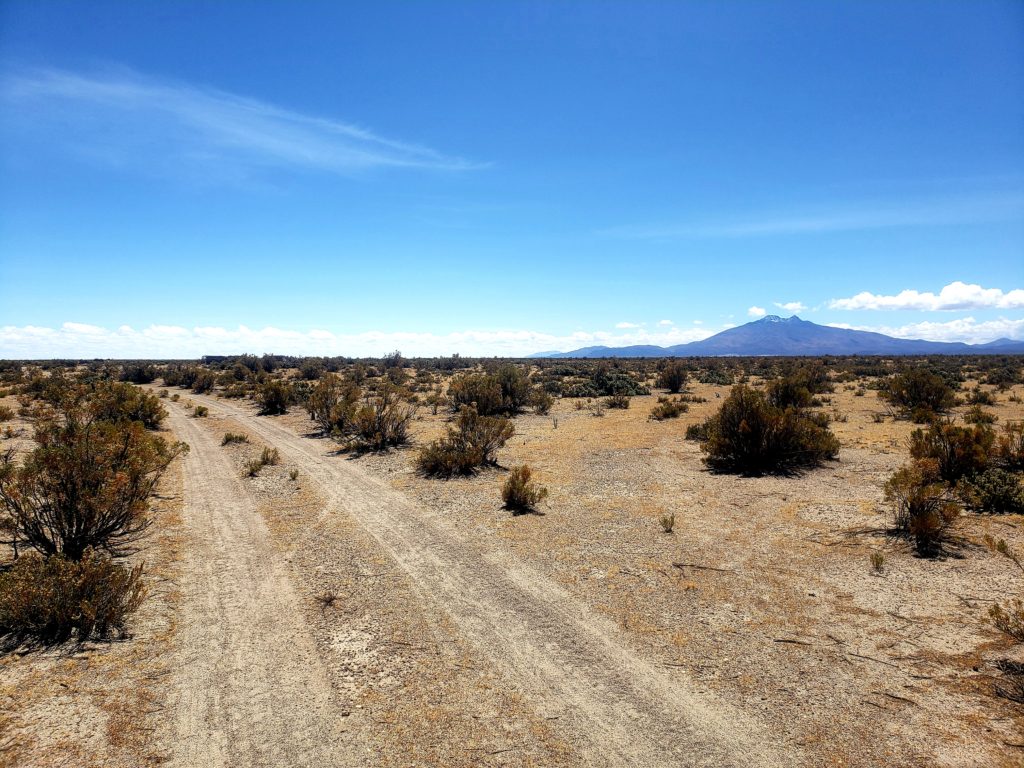
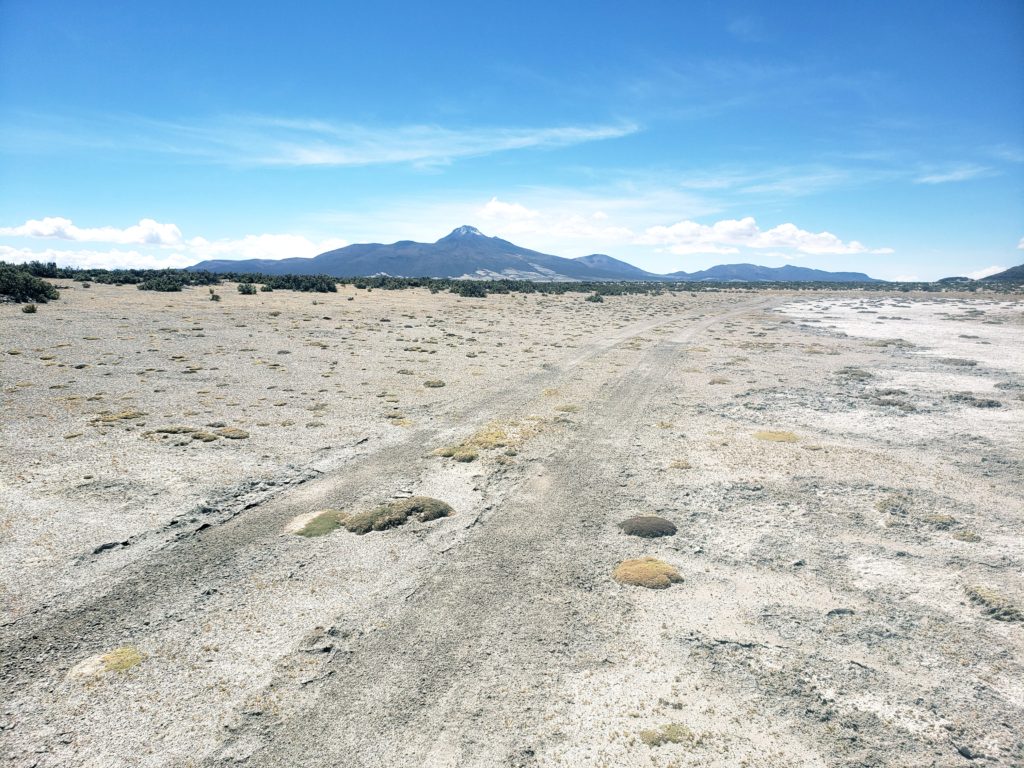
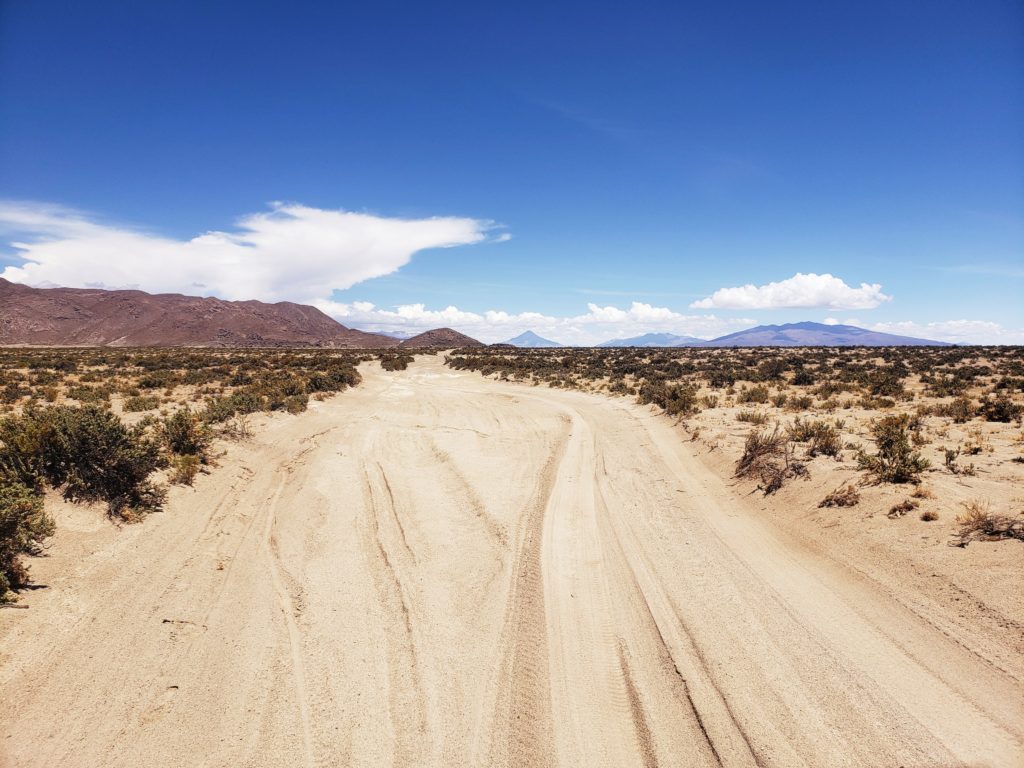
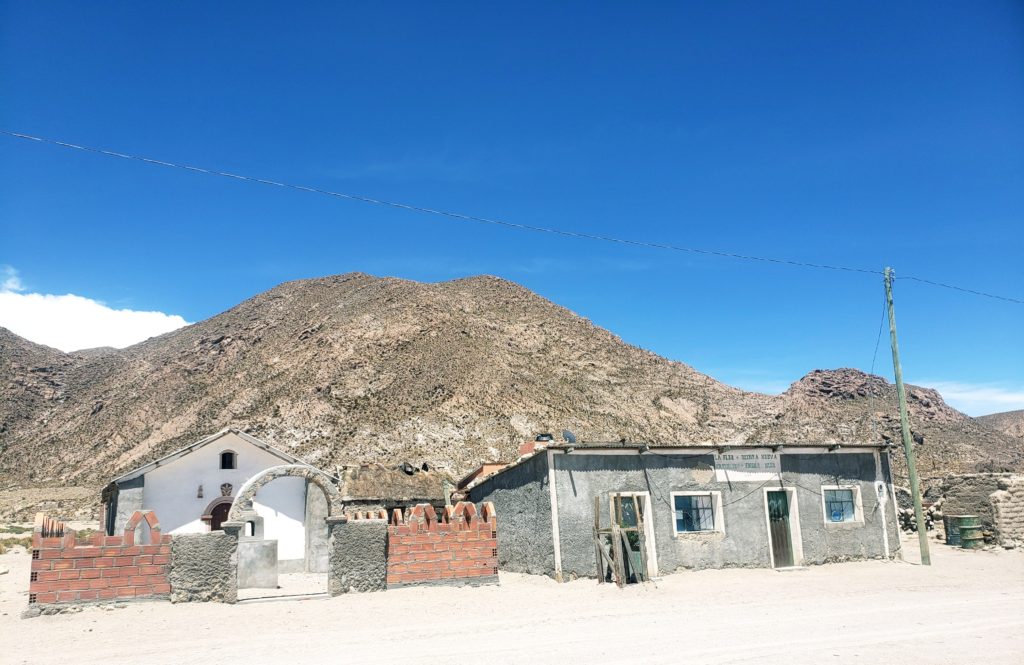
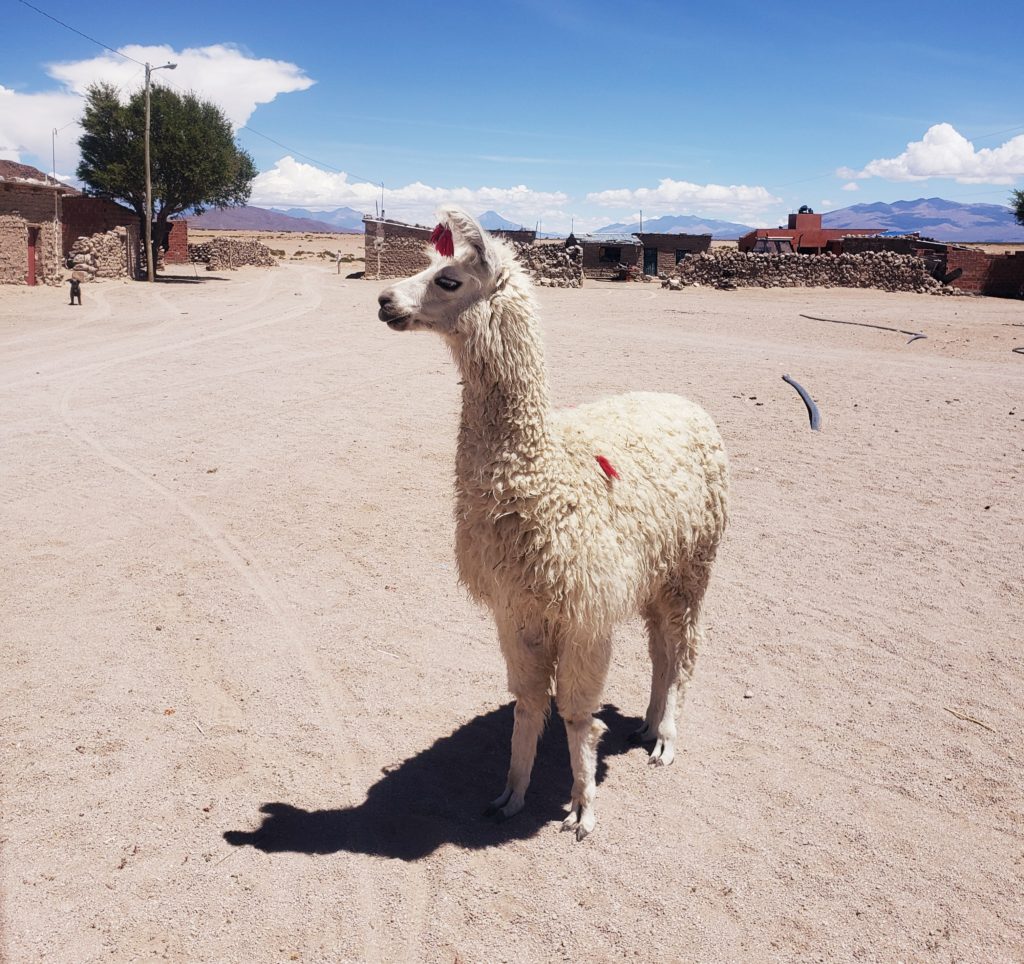
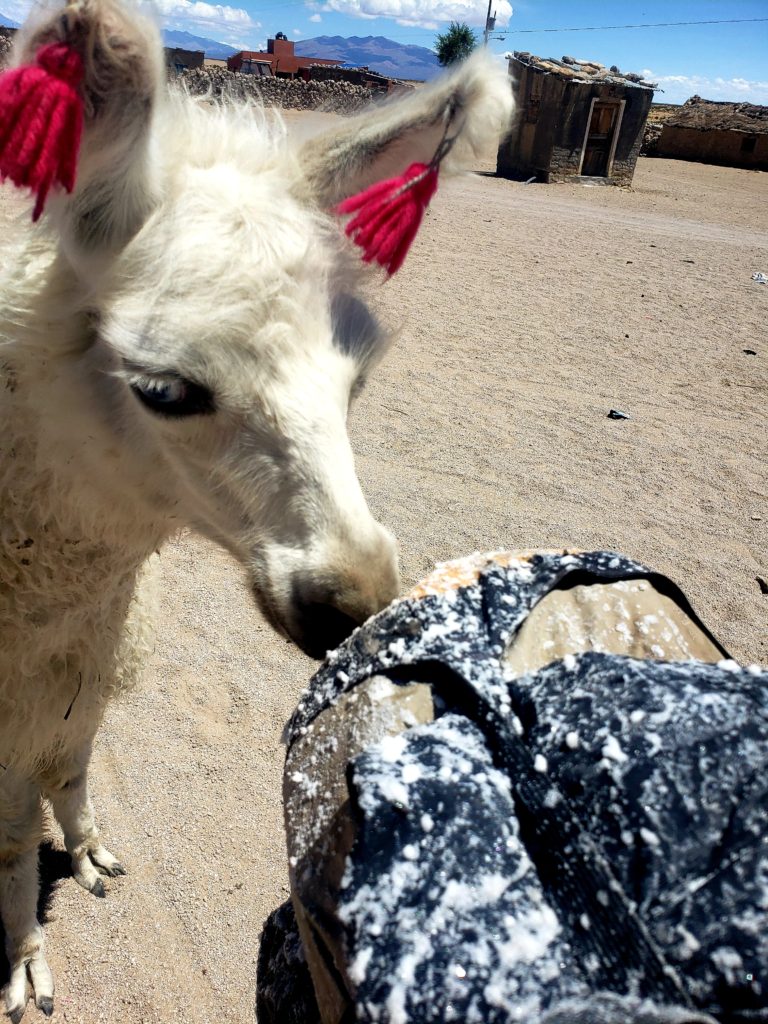
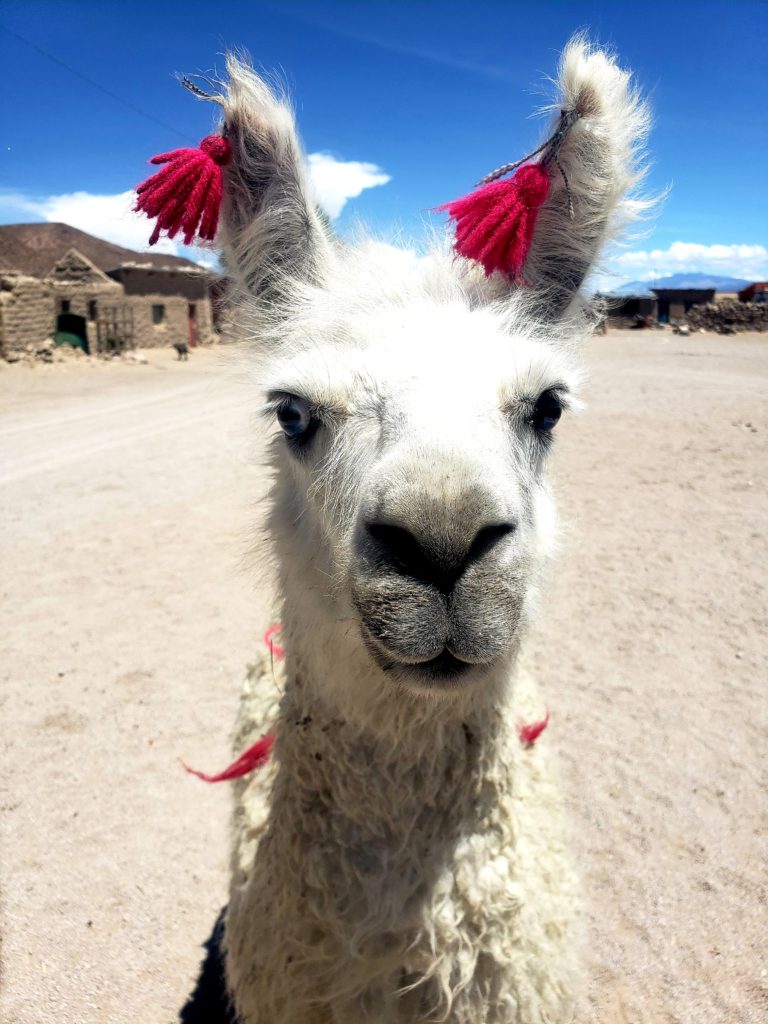
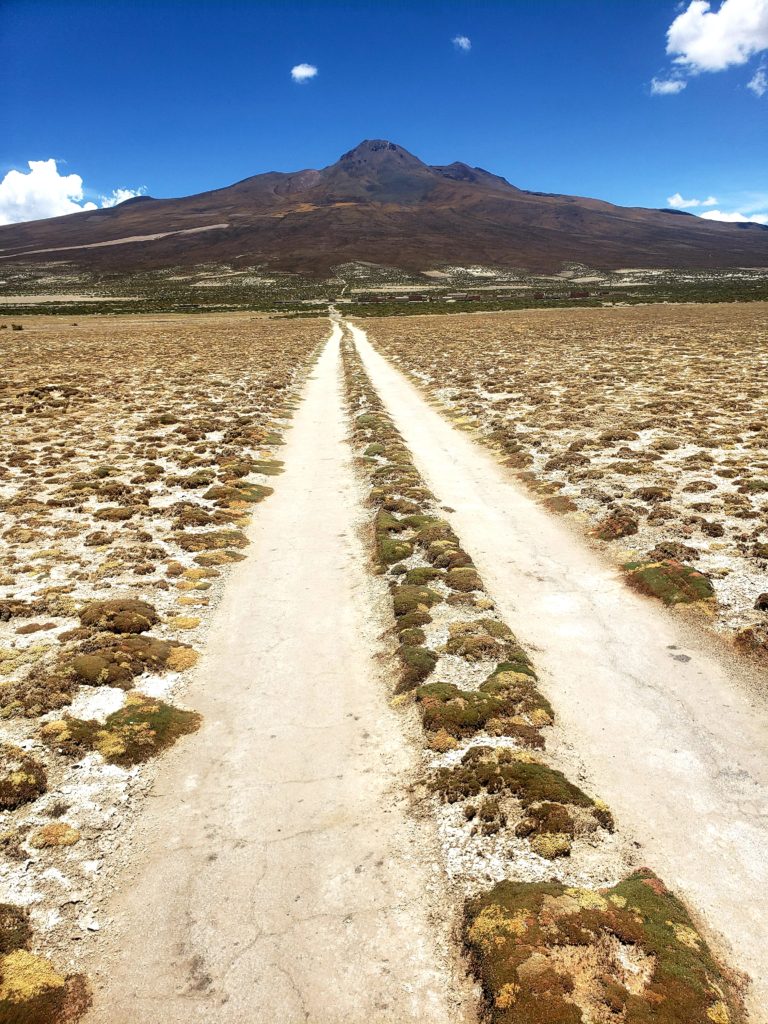
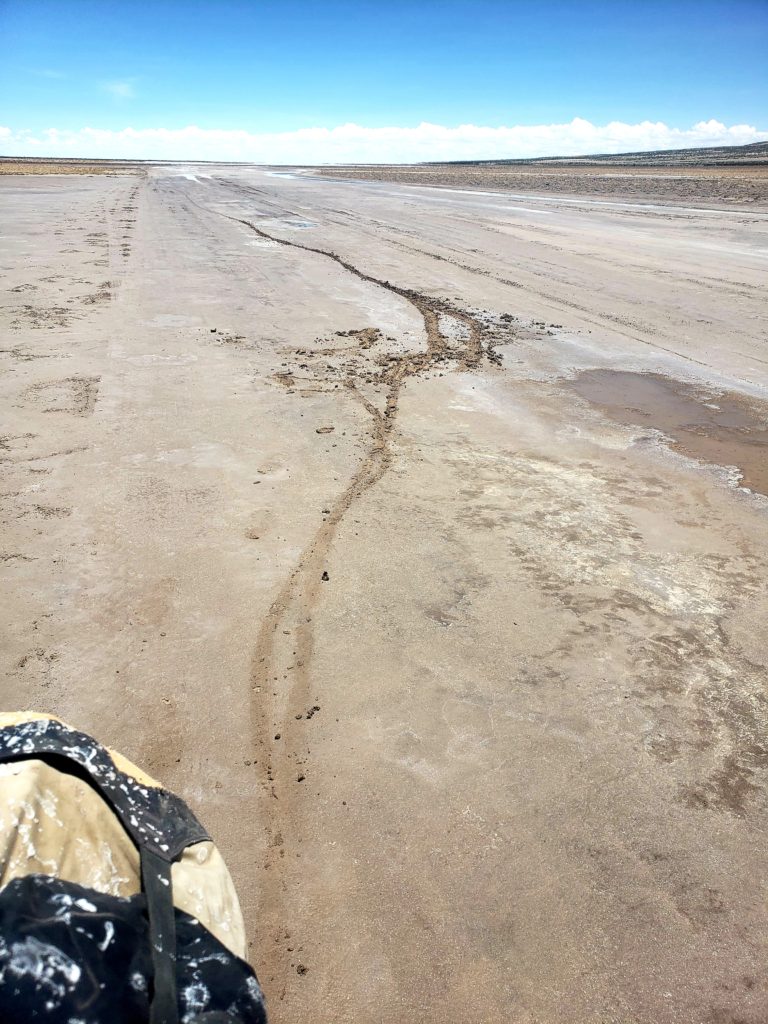
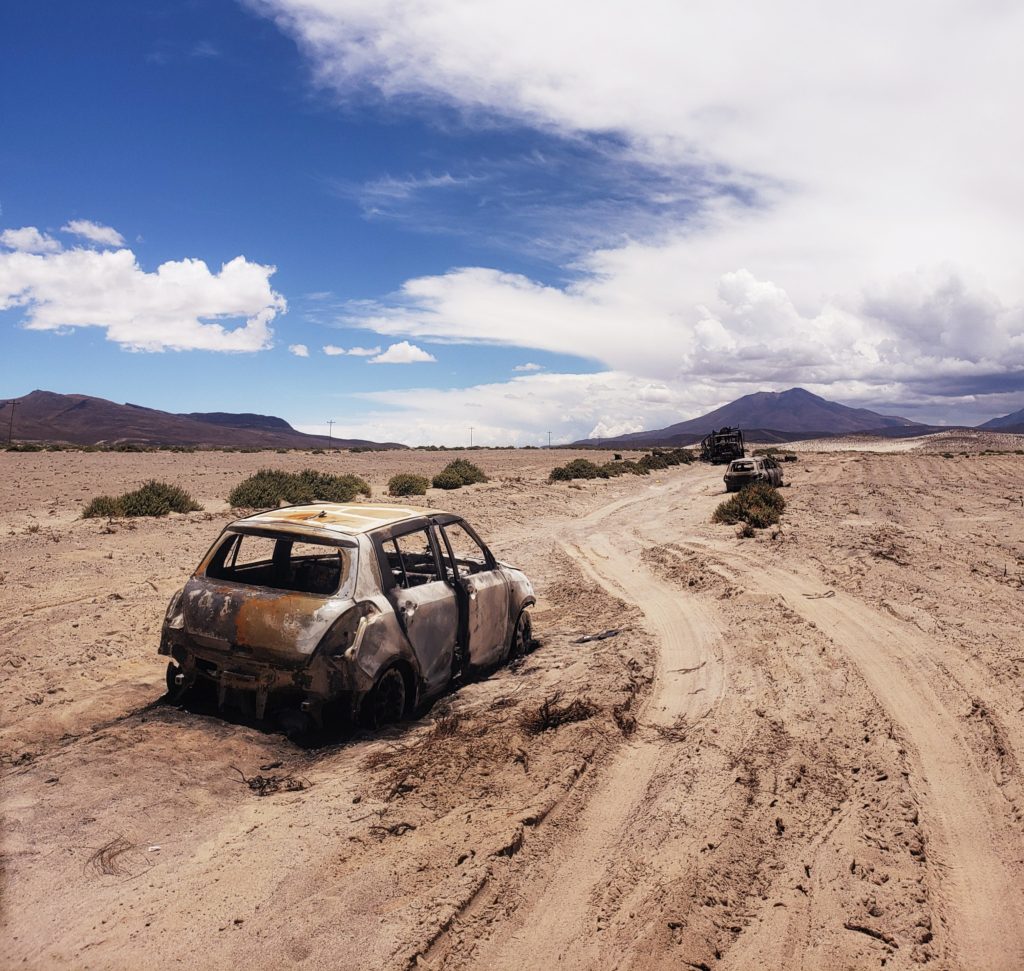
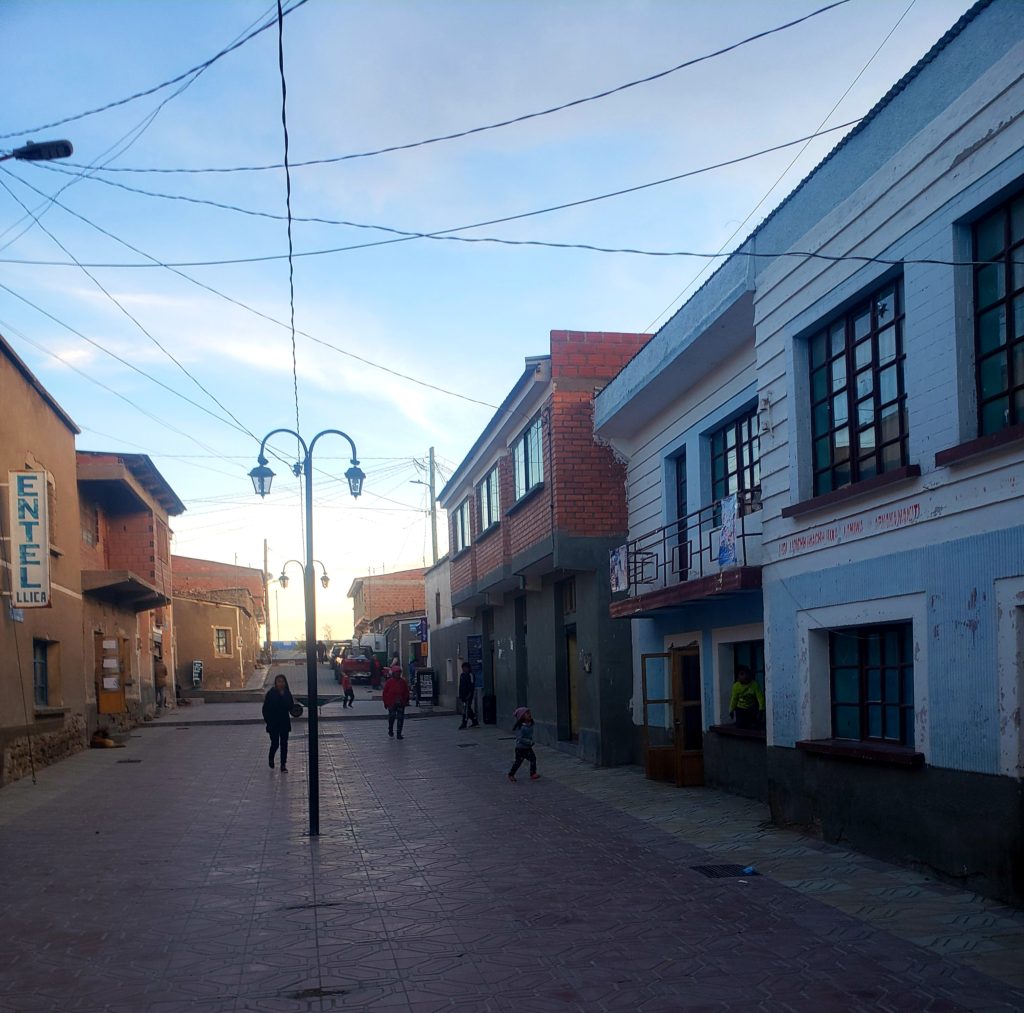
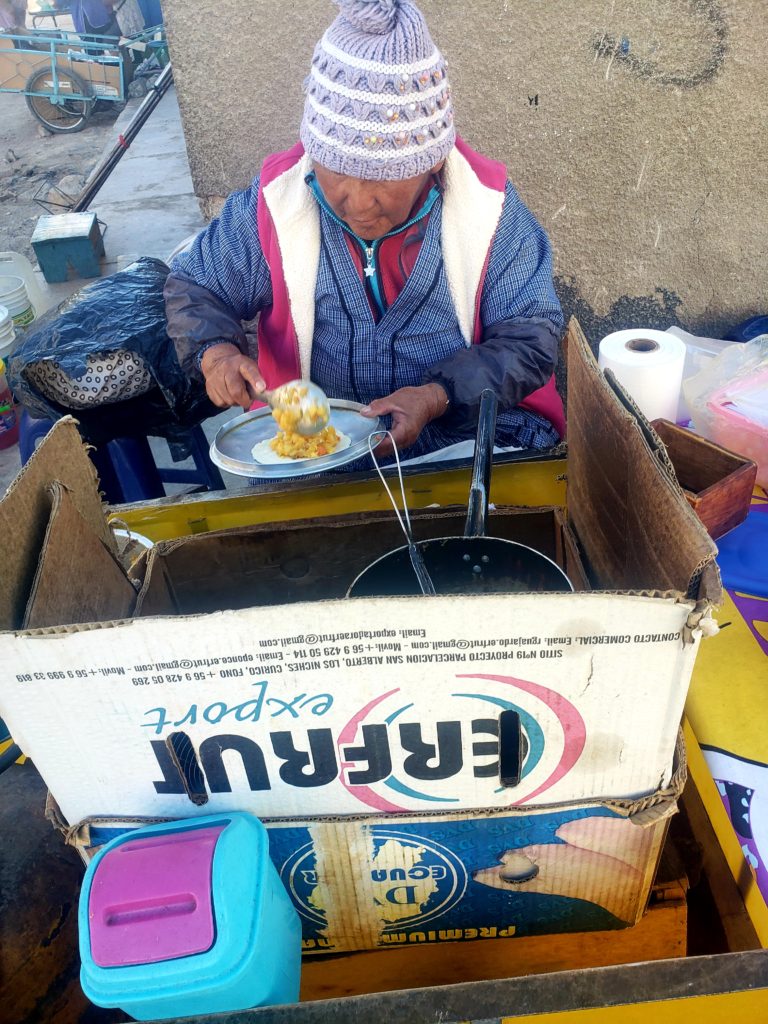
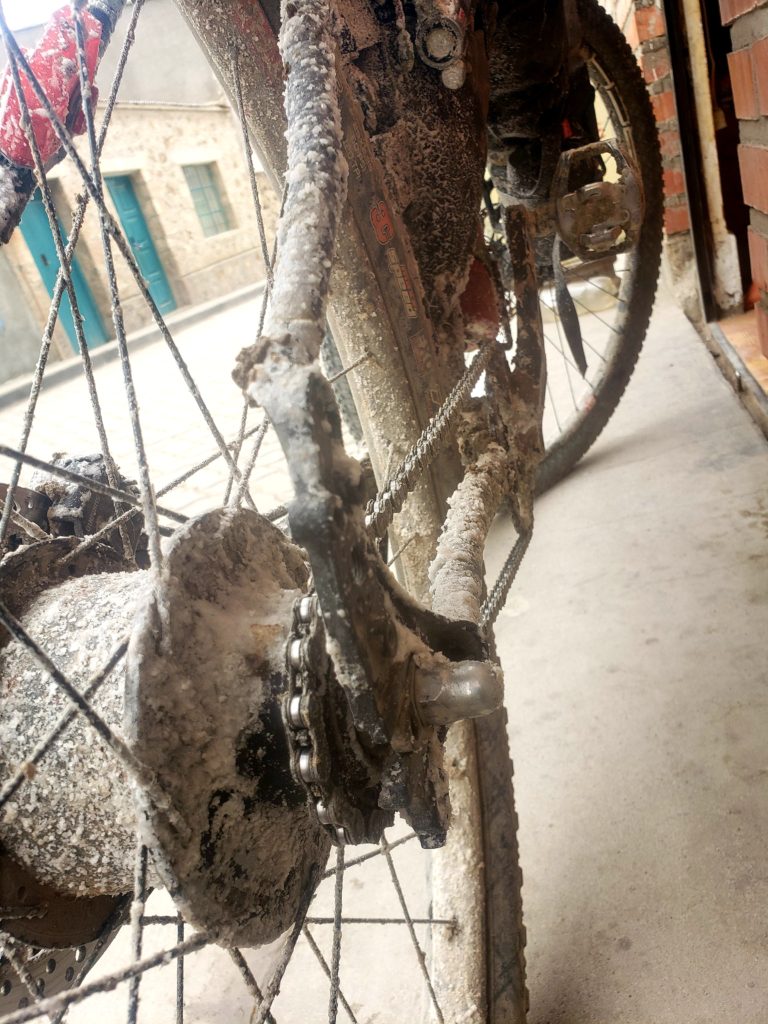
Archives
Calendar
| M | T | W | T | F | S | S |
|---|---|---|---|---|---|---|
| « Mar | ||||||
| 1 | 2 | 3 | 4 | |||
| 5 | 6 | 7 | 8 | 9 | 10 | 11 |
| 12 | 13 | 14 | 15 | 16 | 17 | 18 |
| 19 | 20 | 21 | 22 | 23 | 24 | 25 |
| 26 | 27 | 28 | 29 | 30 | 31 | |